Why you can trust Tom's Hardware
Firmware
Gigabyte’s B660 firmware looks no different than on pricier Z690 boards, except it excludes processor overclocking functionality. The BIOS starts in an informational EZ Mode that displays system information with limited functionality. You can enable XMP profiles from here, access Smart Fan 6 for fan control, use Q-Flash to update the BIOS, or enter Advanced Mode. When working in the Advanced portion of the BIOS, major headers are listed across the top, with sub-headings below. Page up/down functionality has finally been added, and the BIOS is easy to read and well organized to help find what you’re looking for.
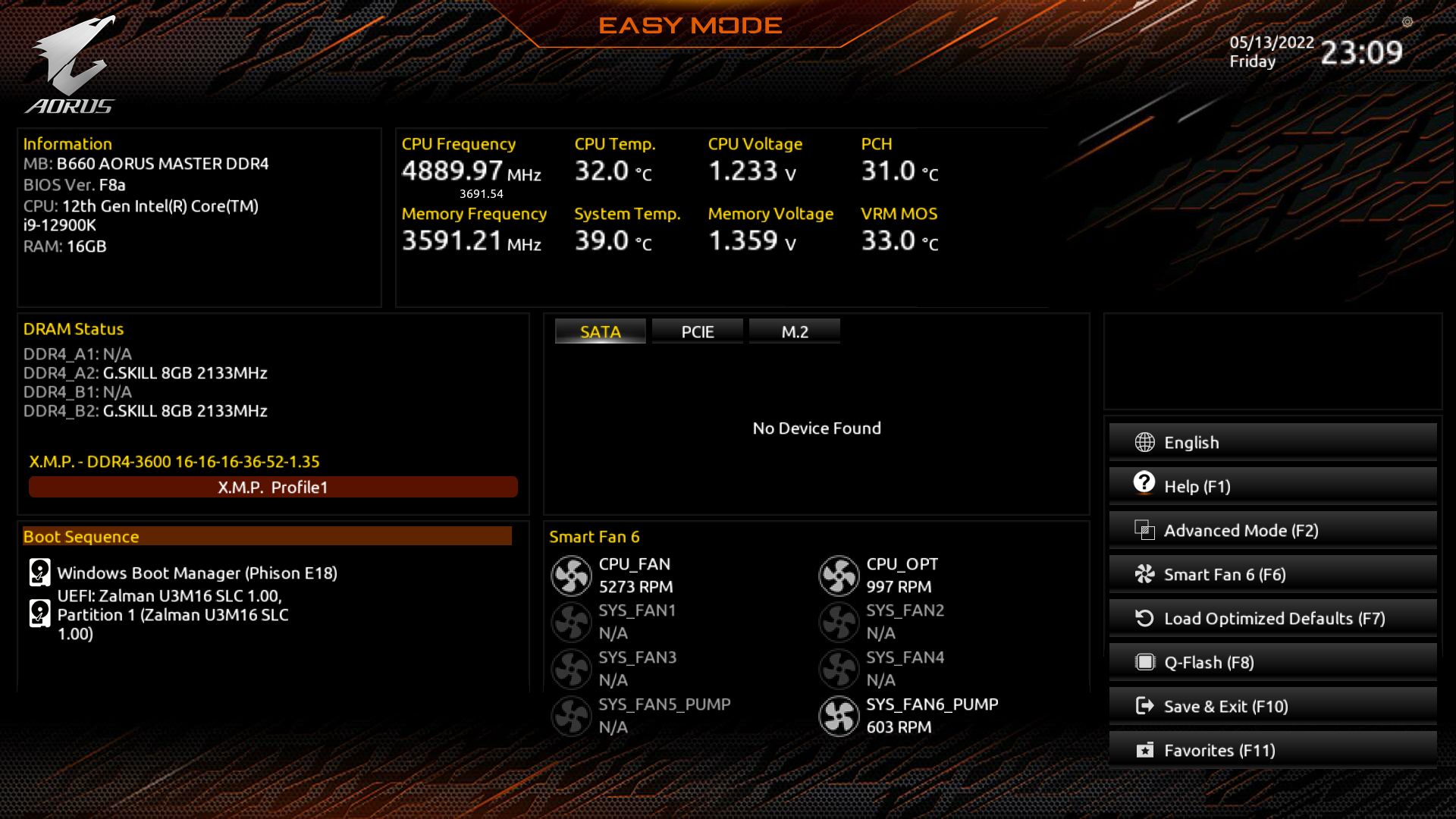
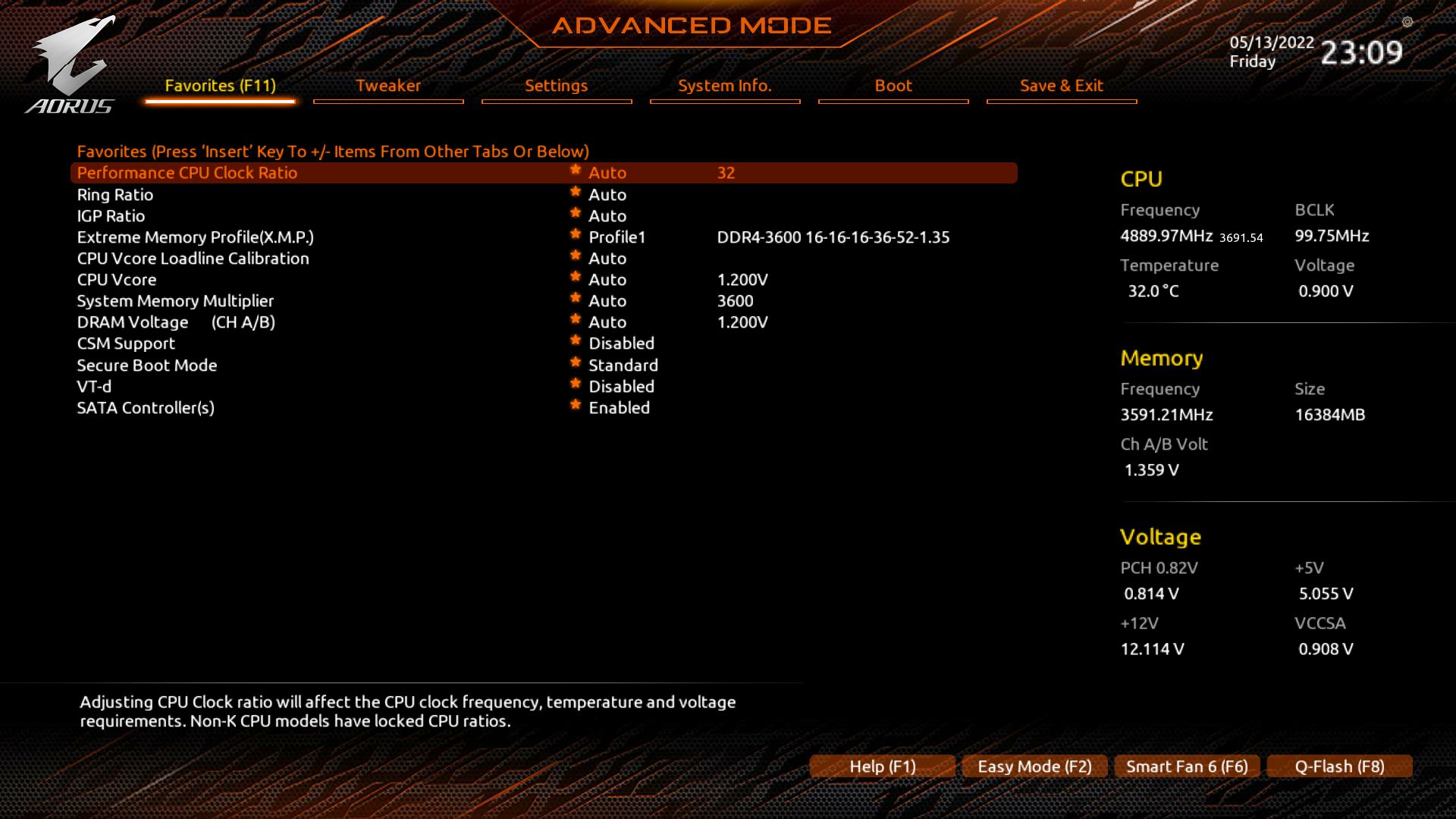
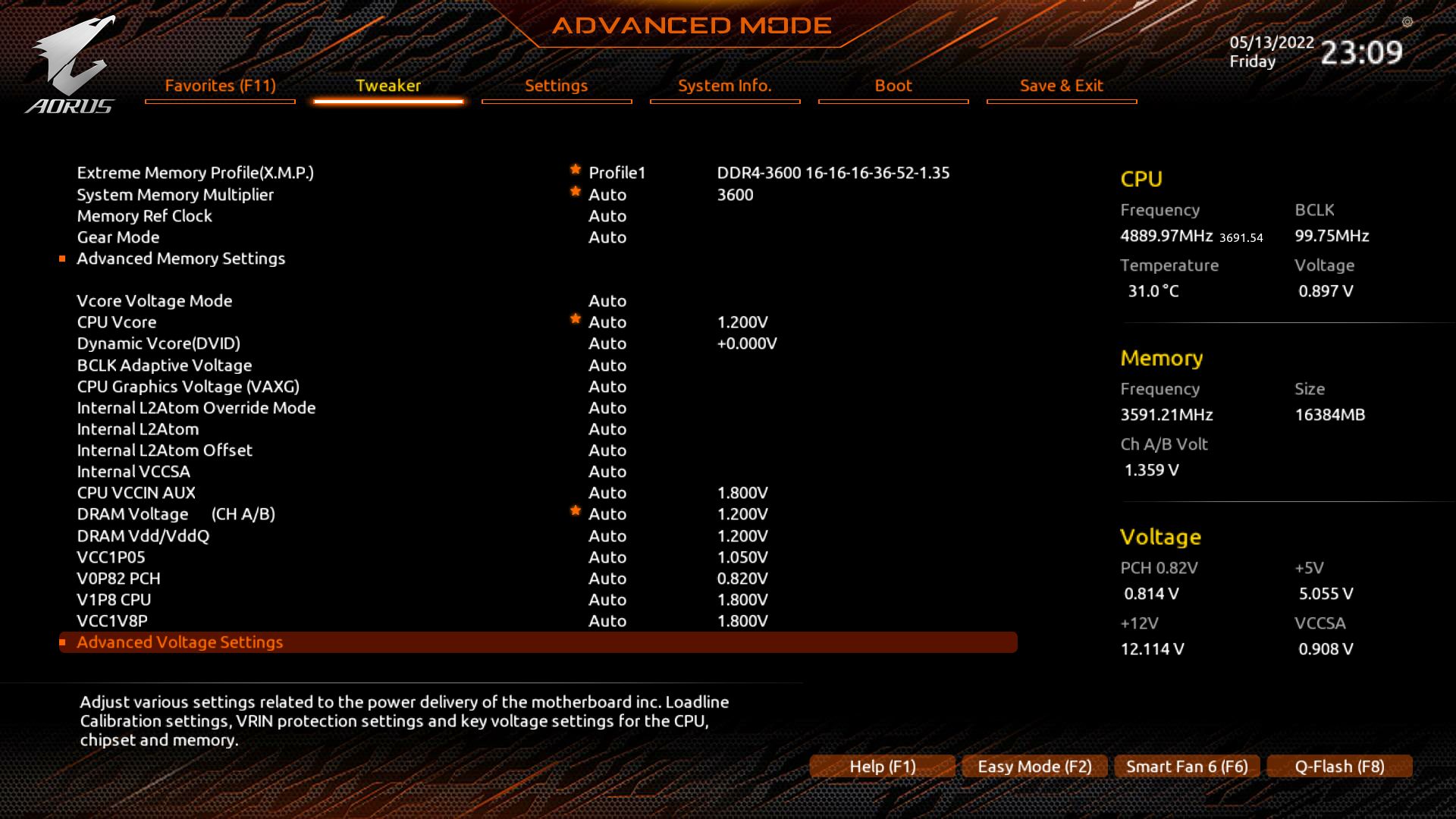
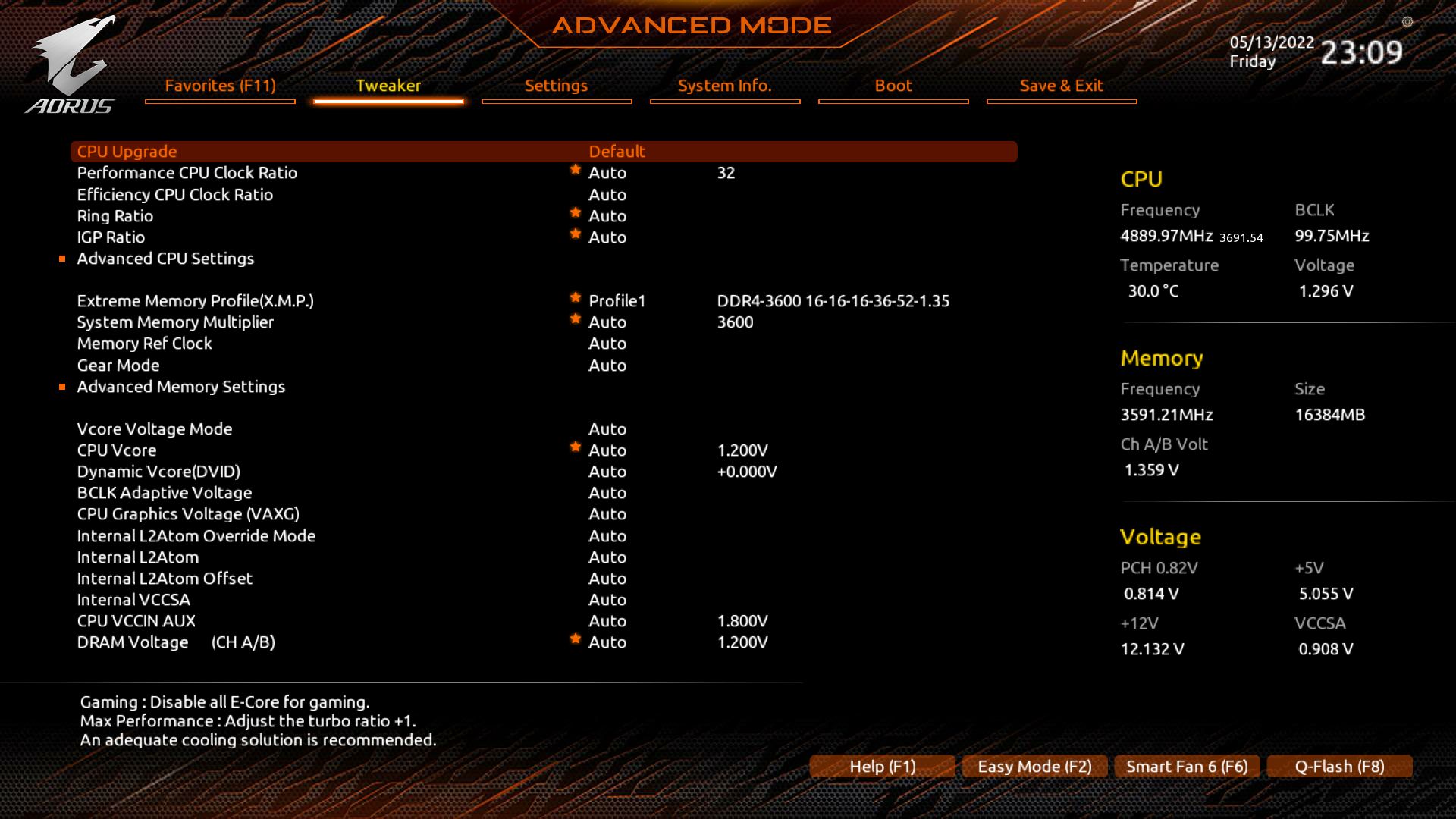
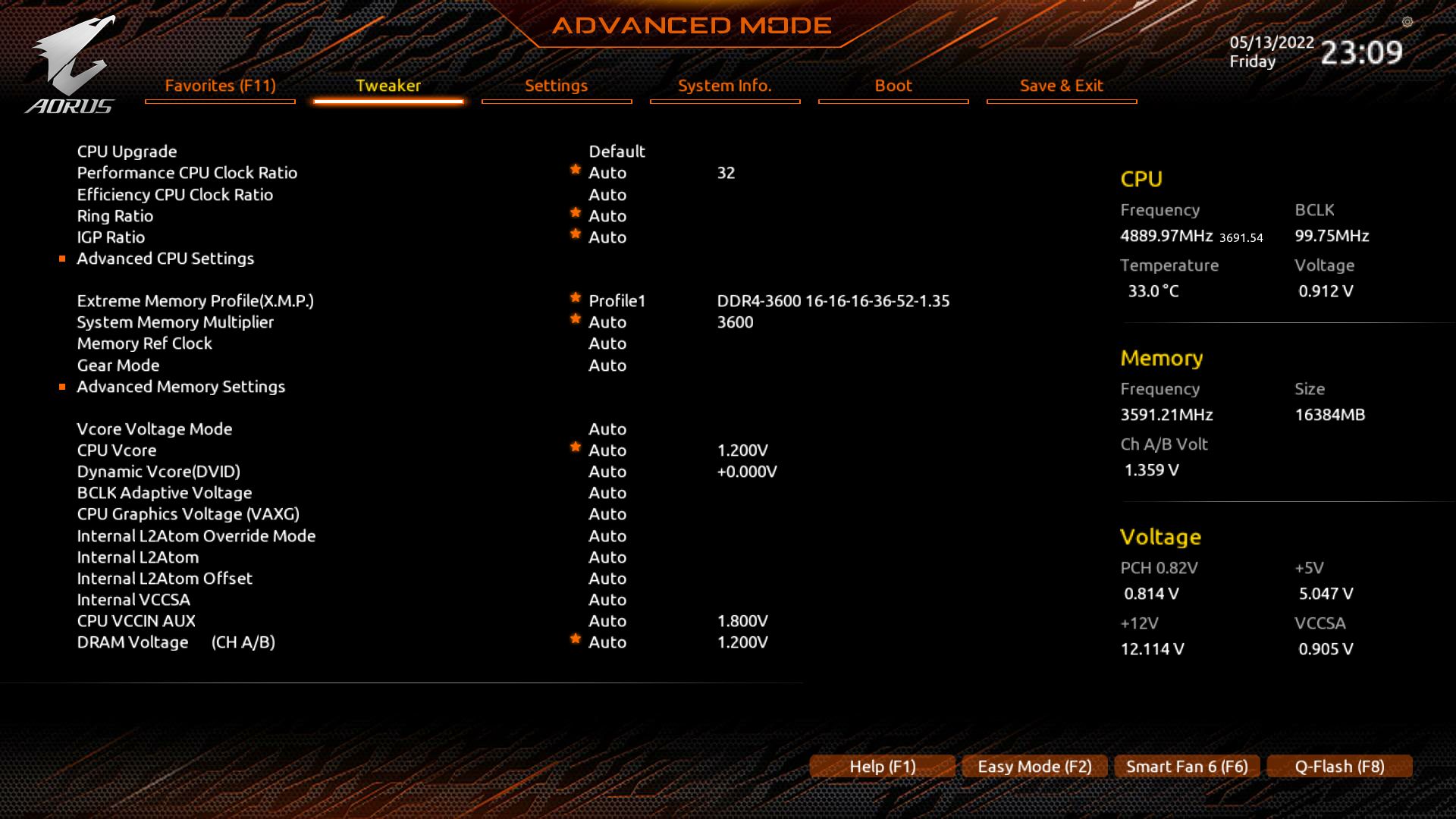
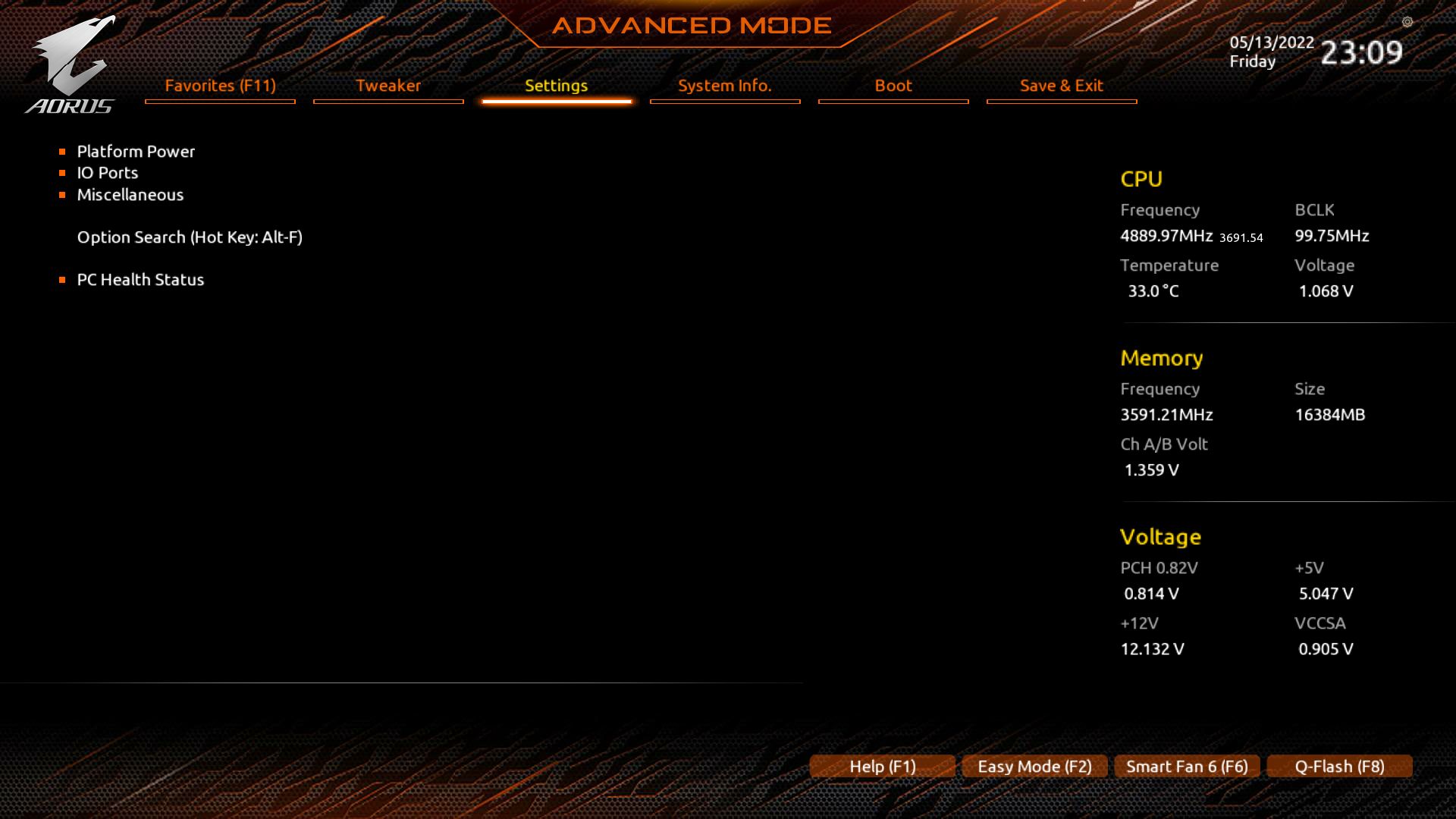
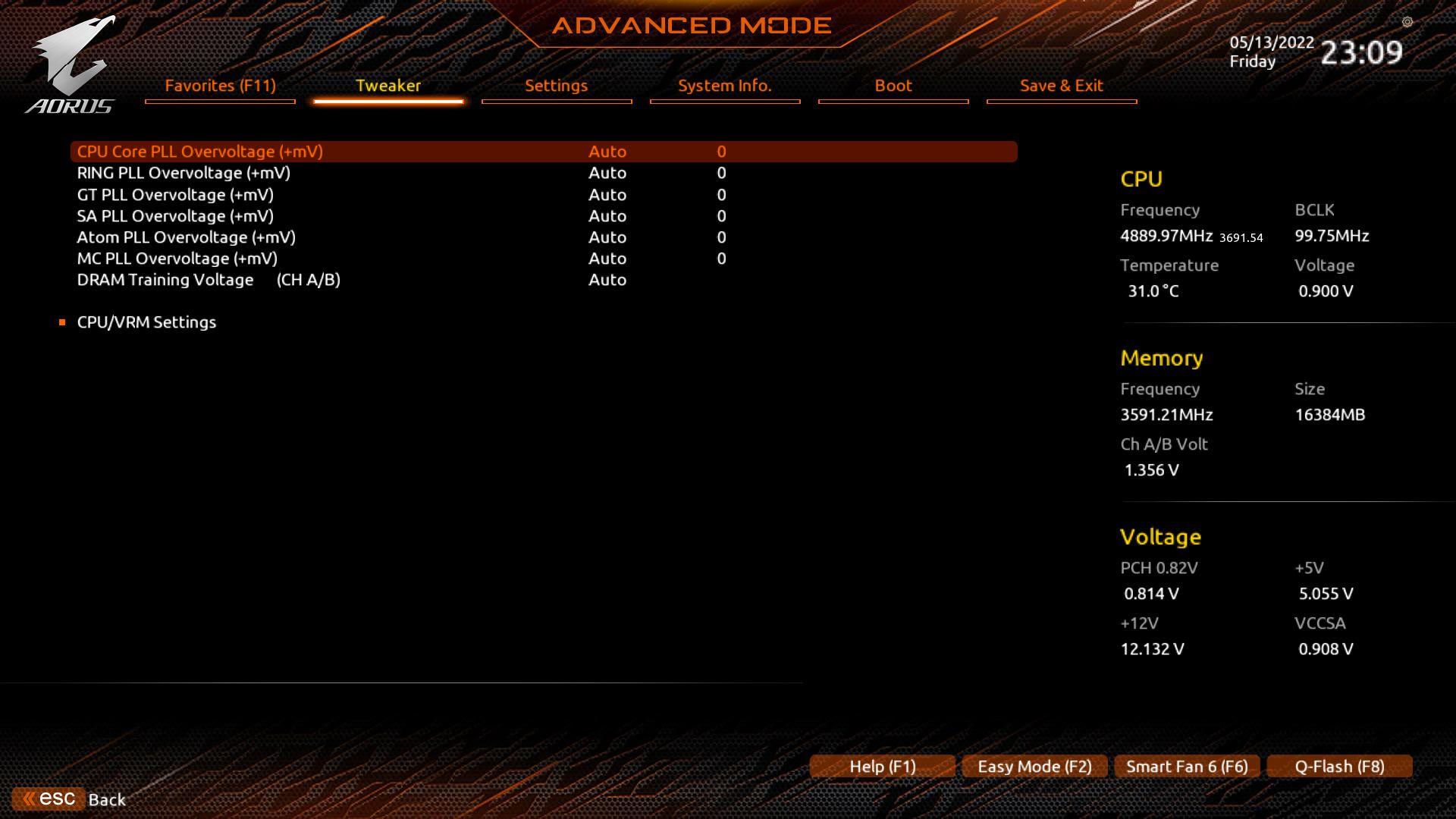
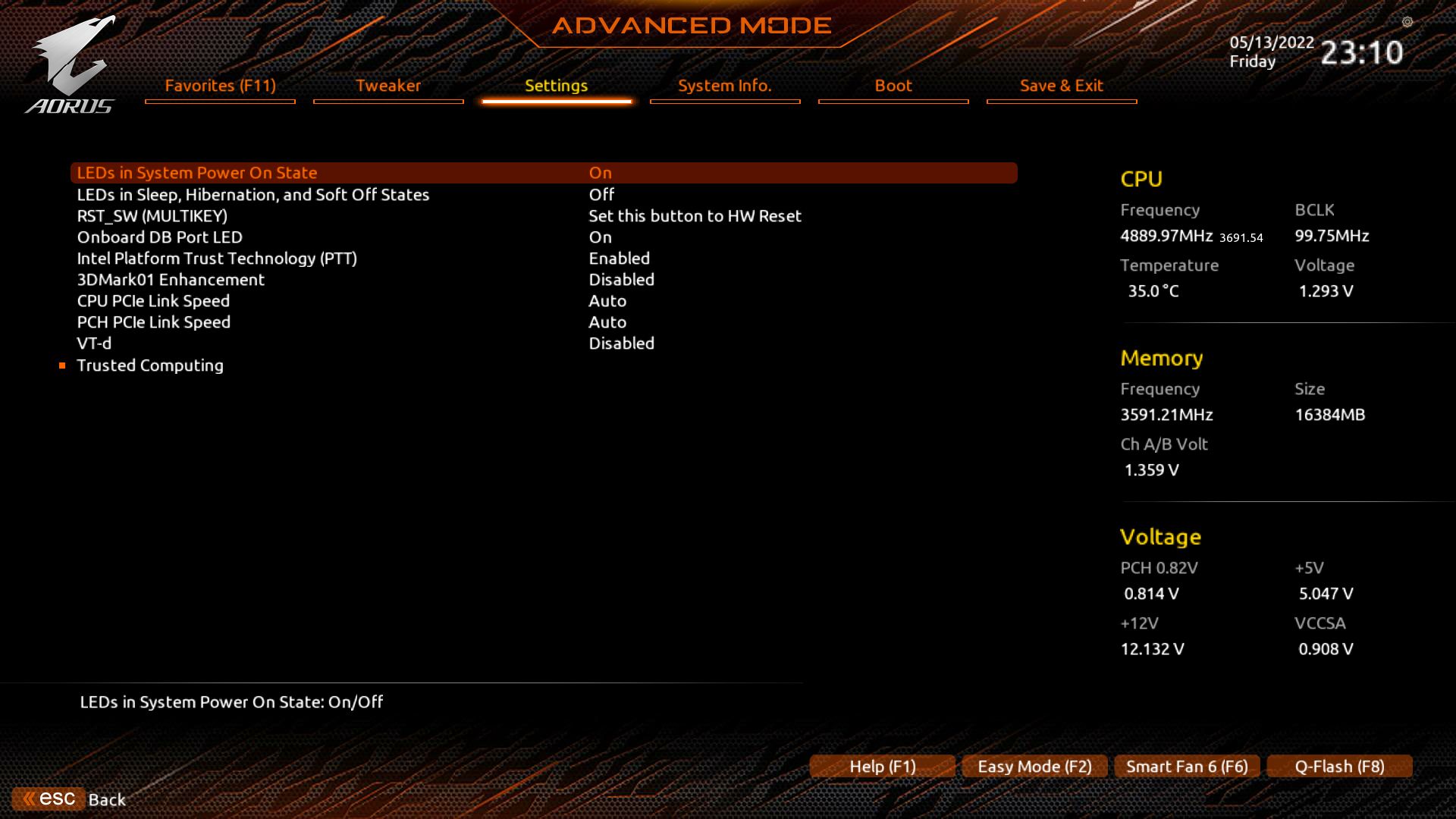
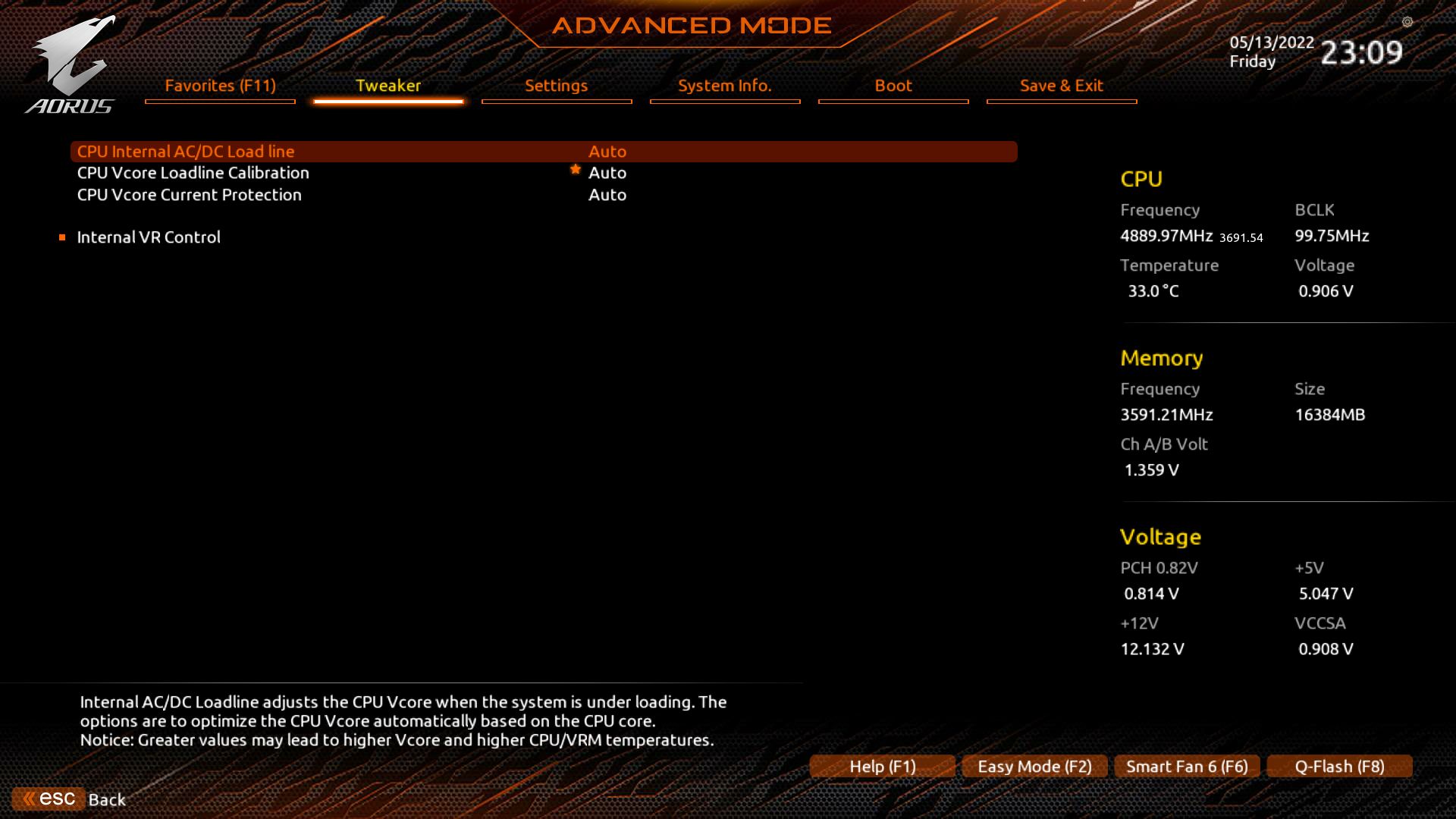
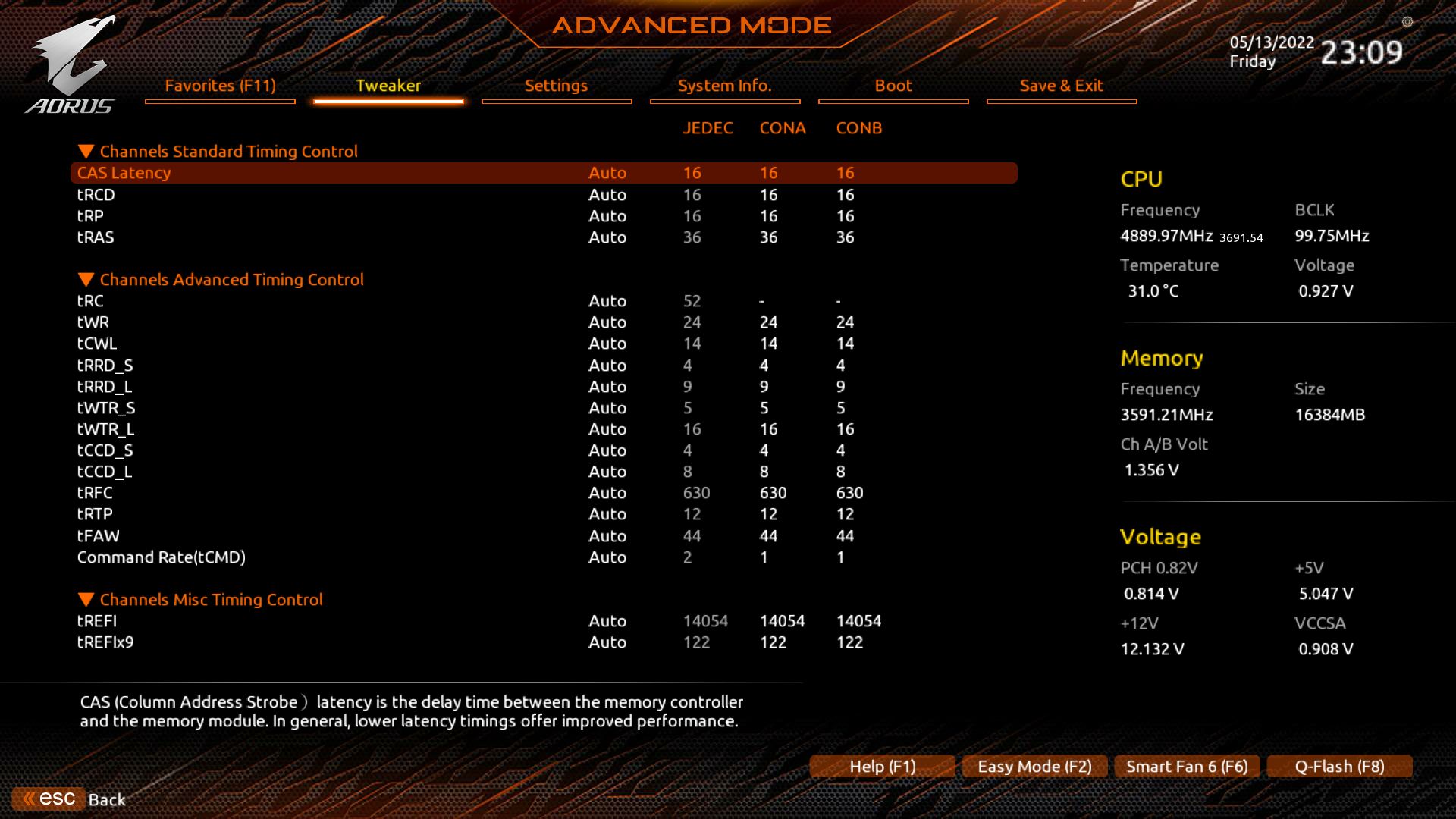
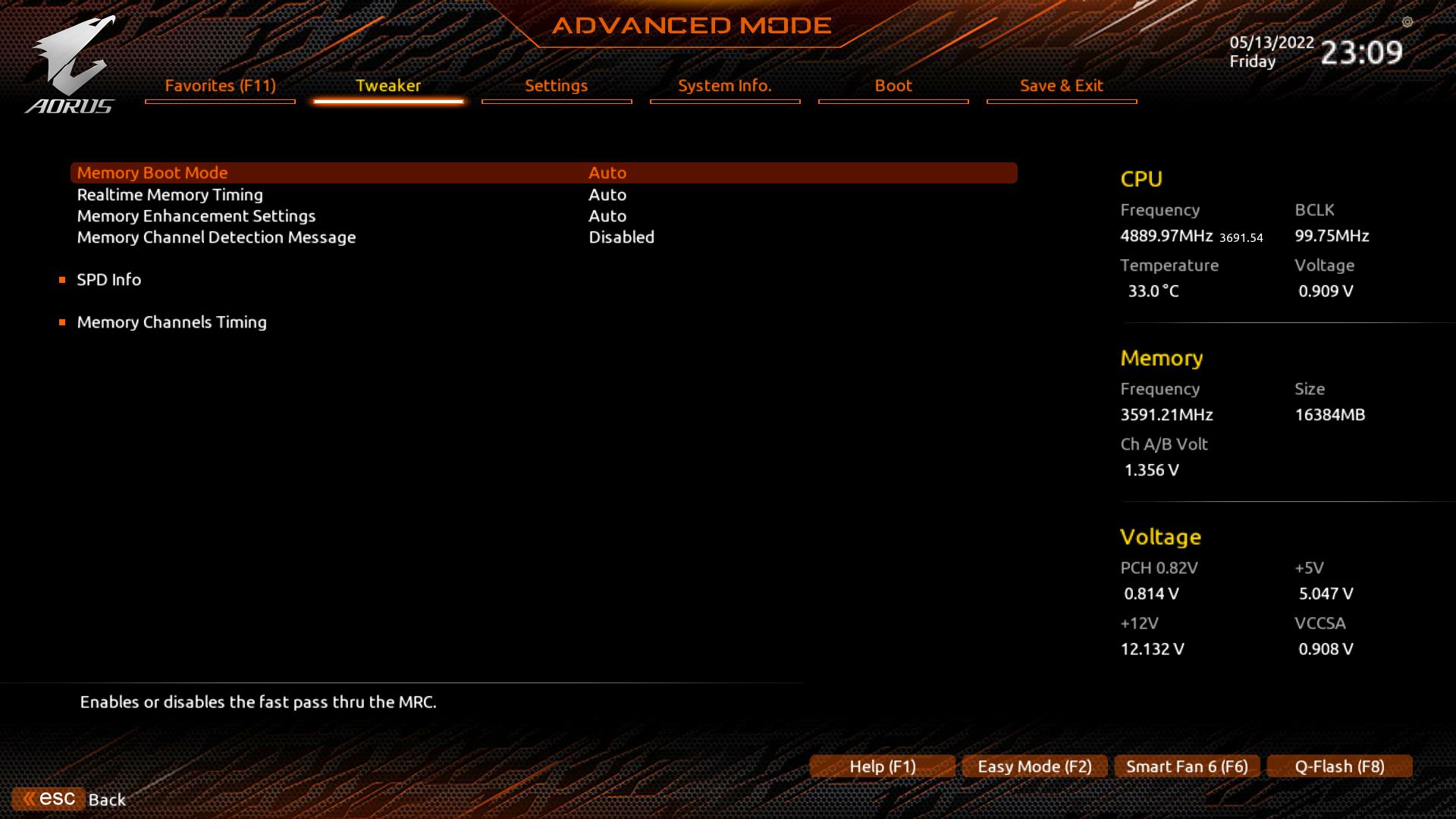
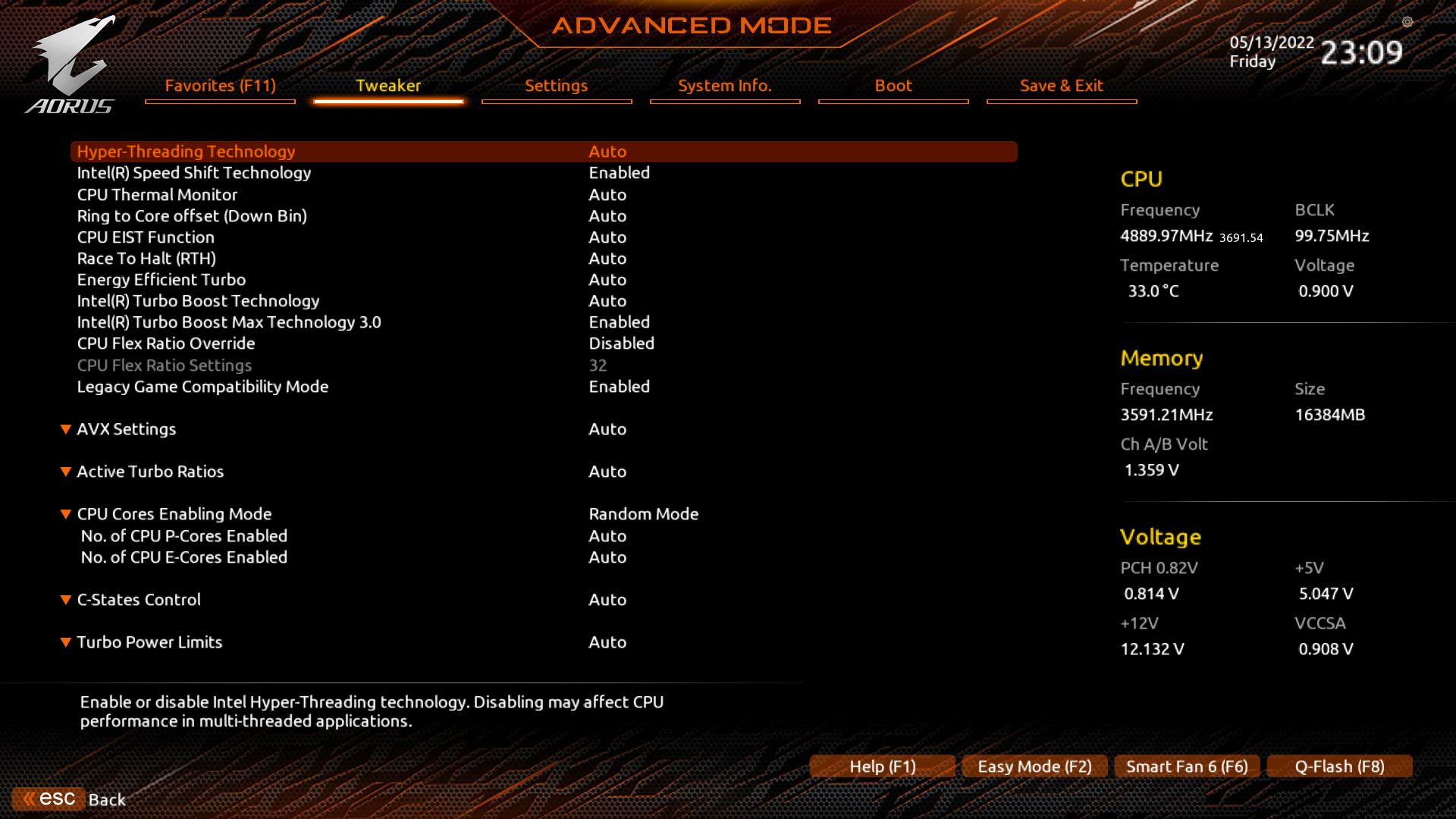
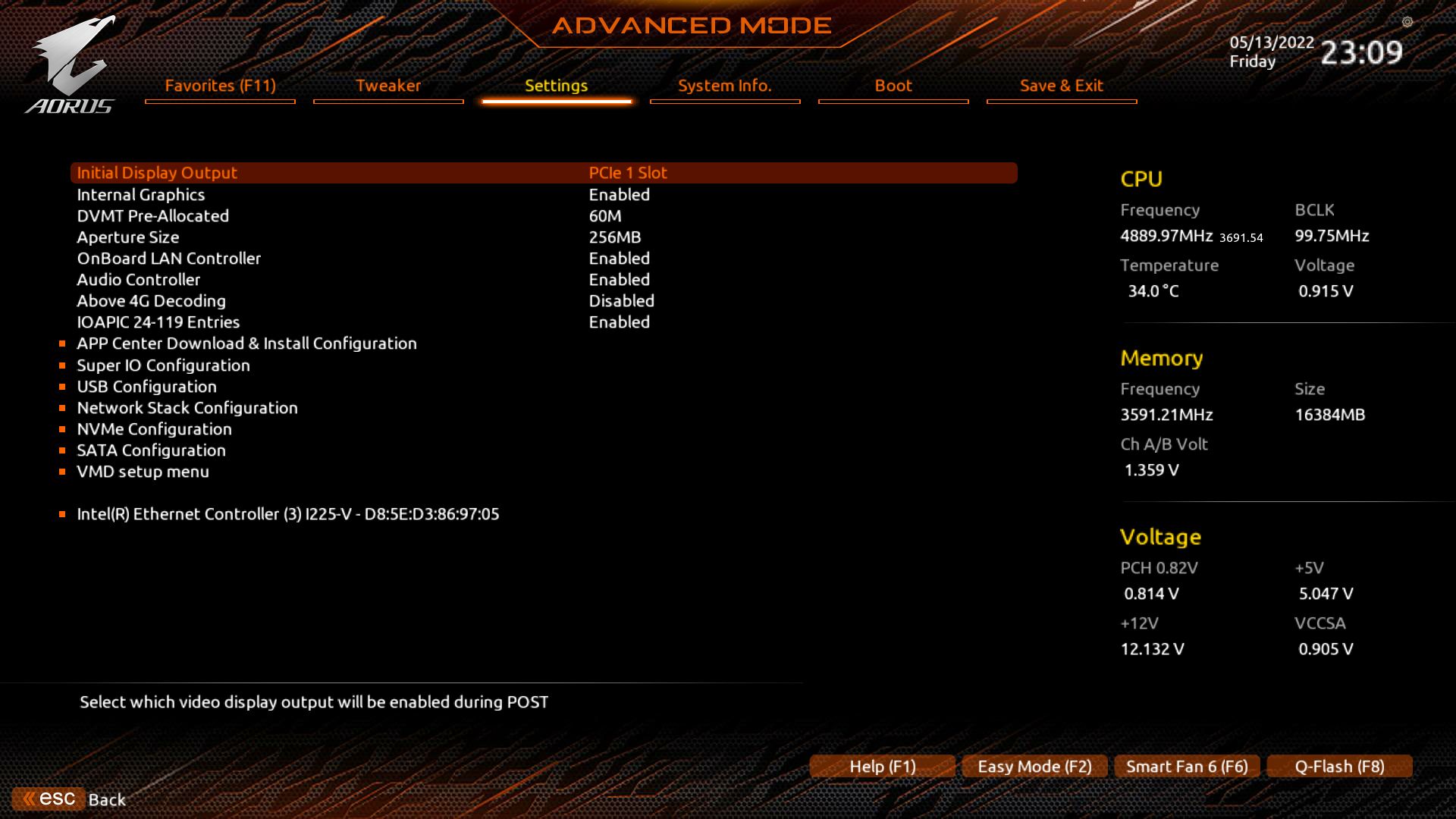
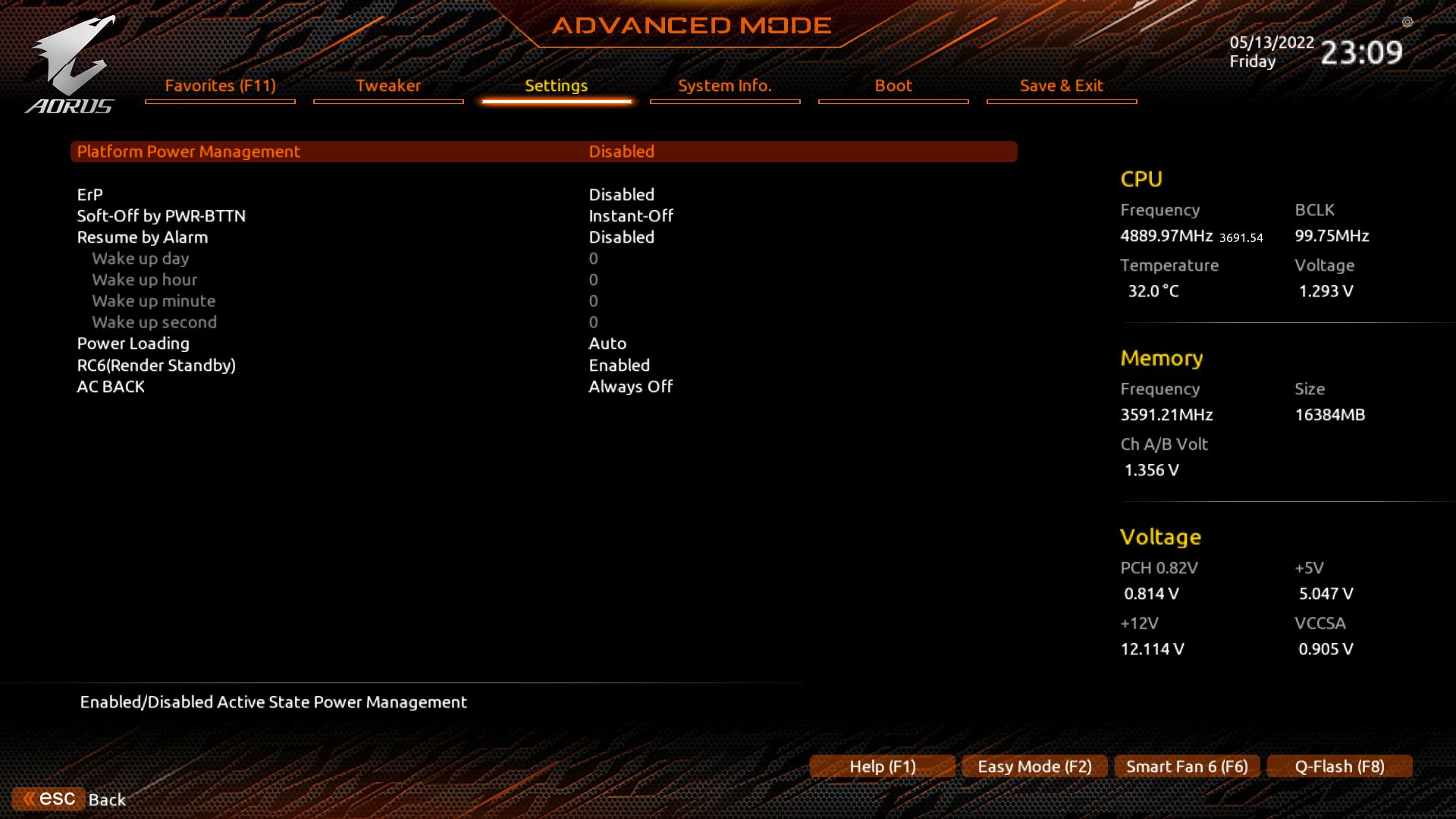
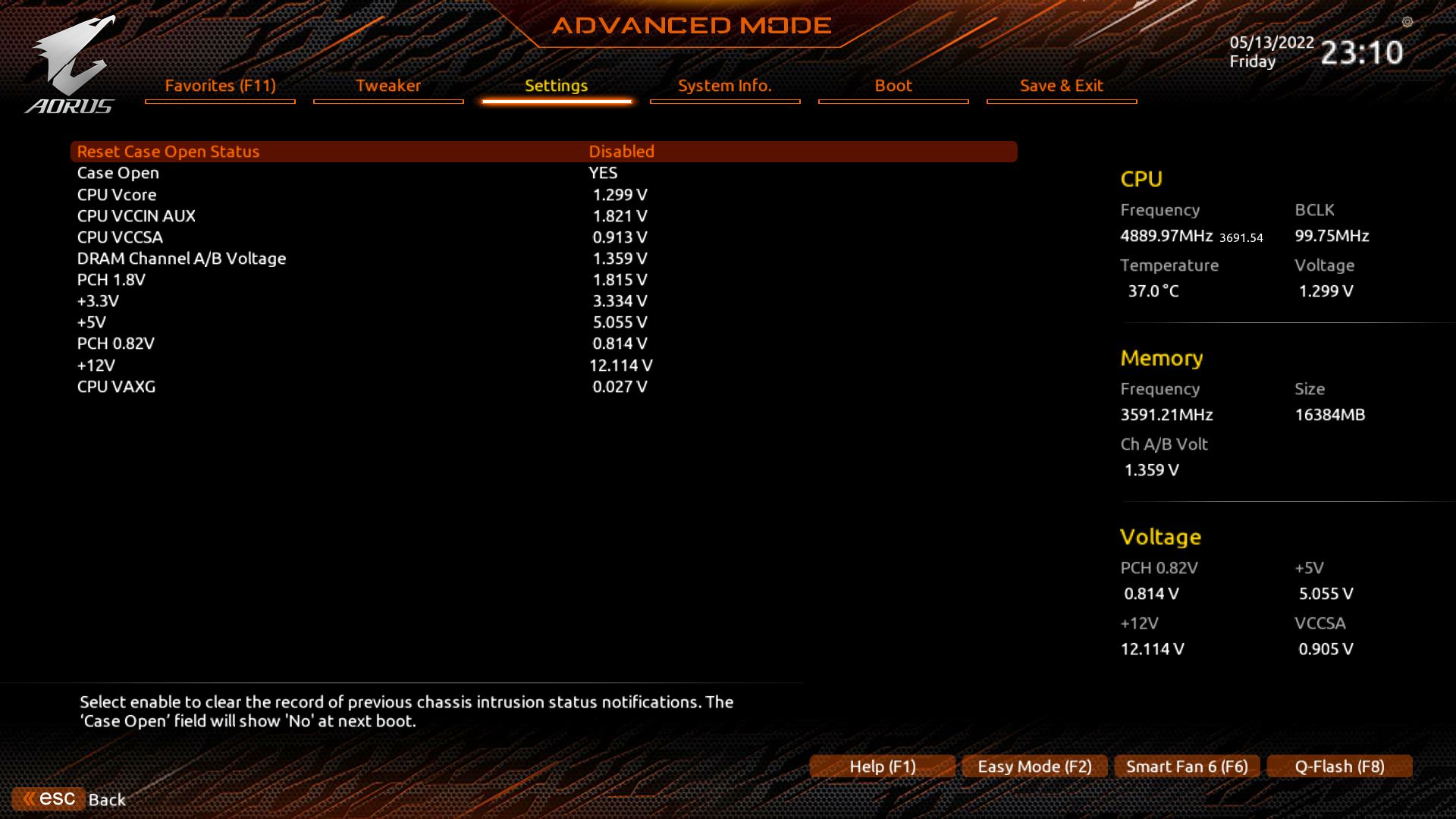
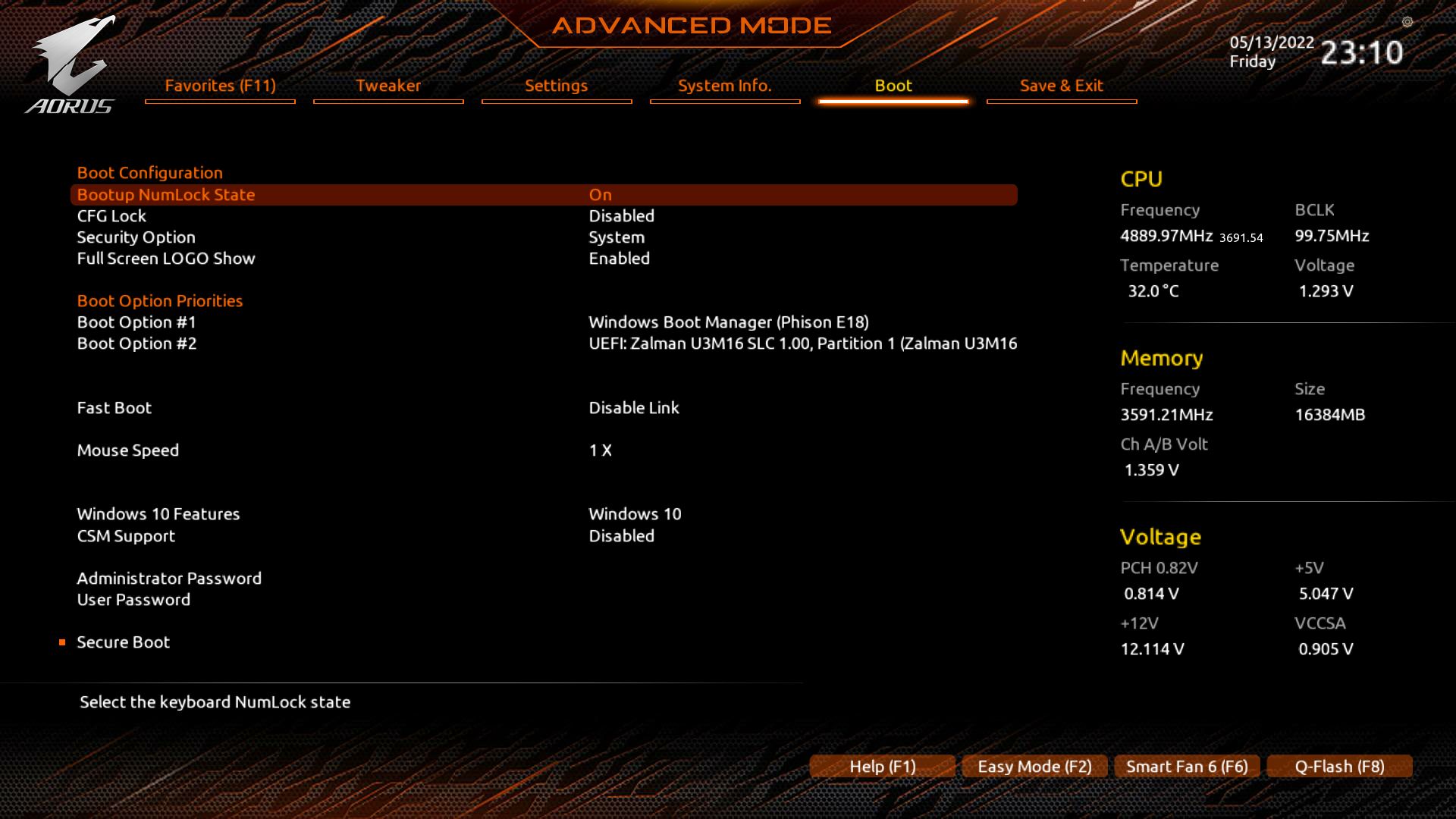
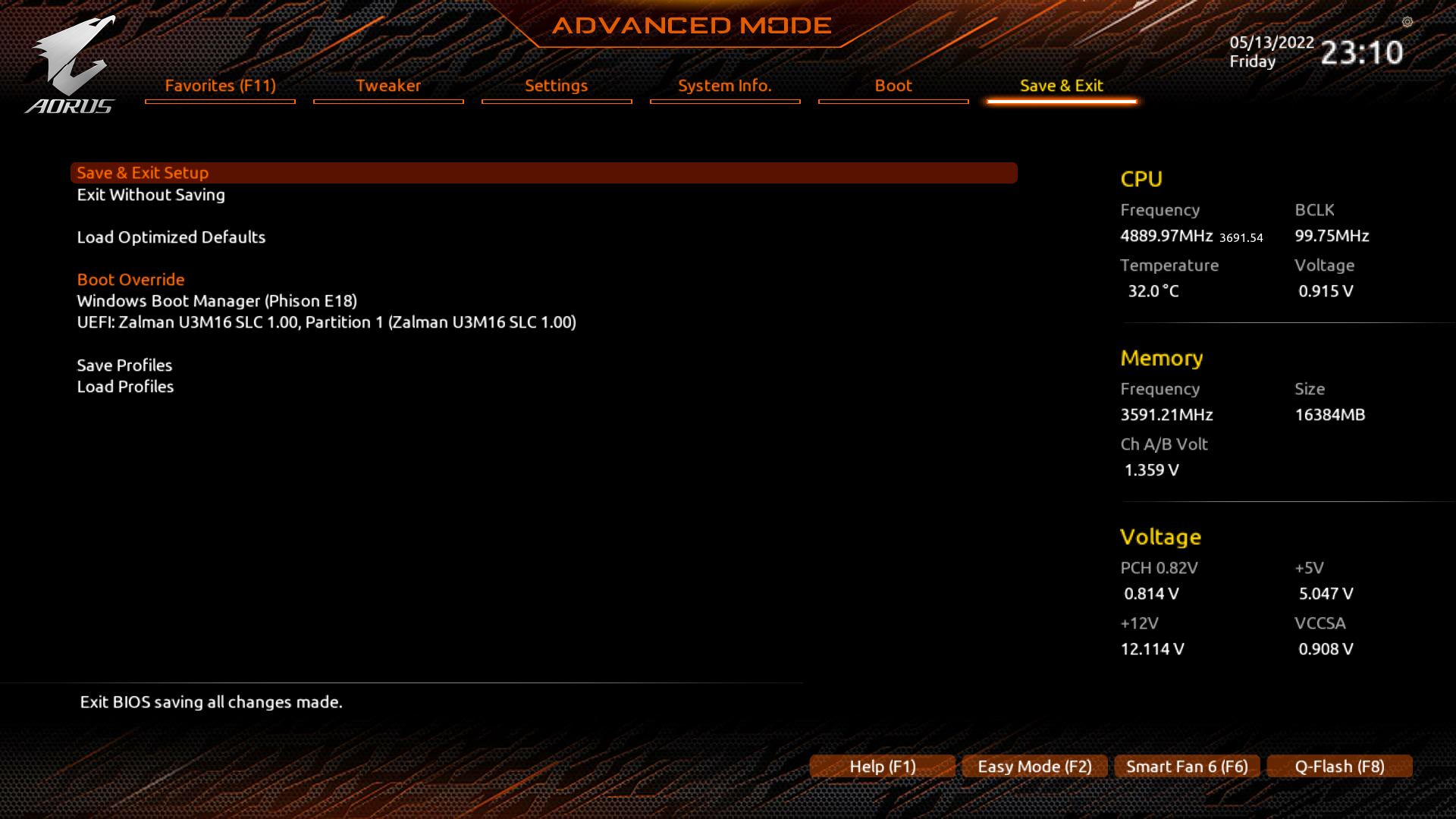
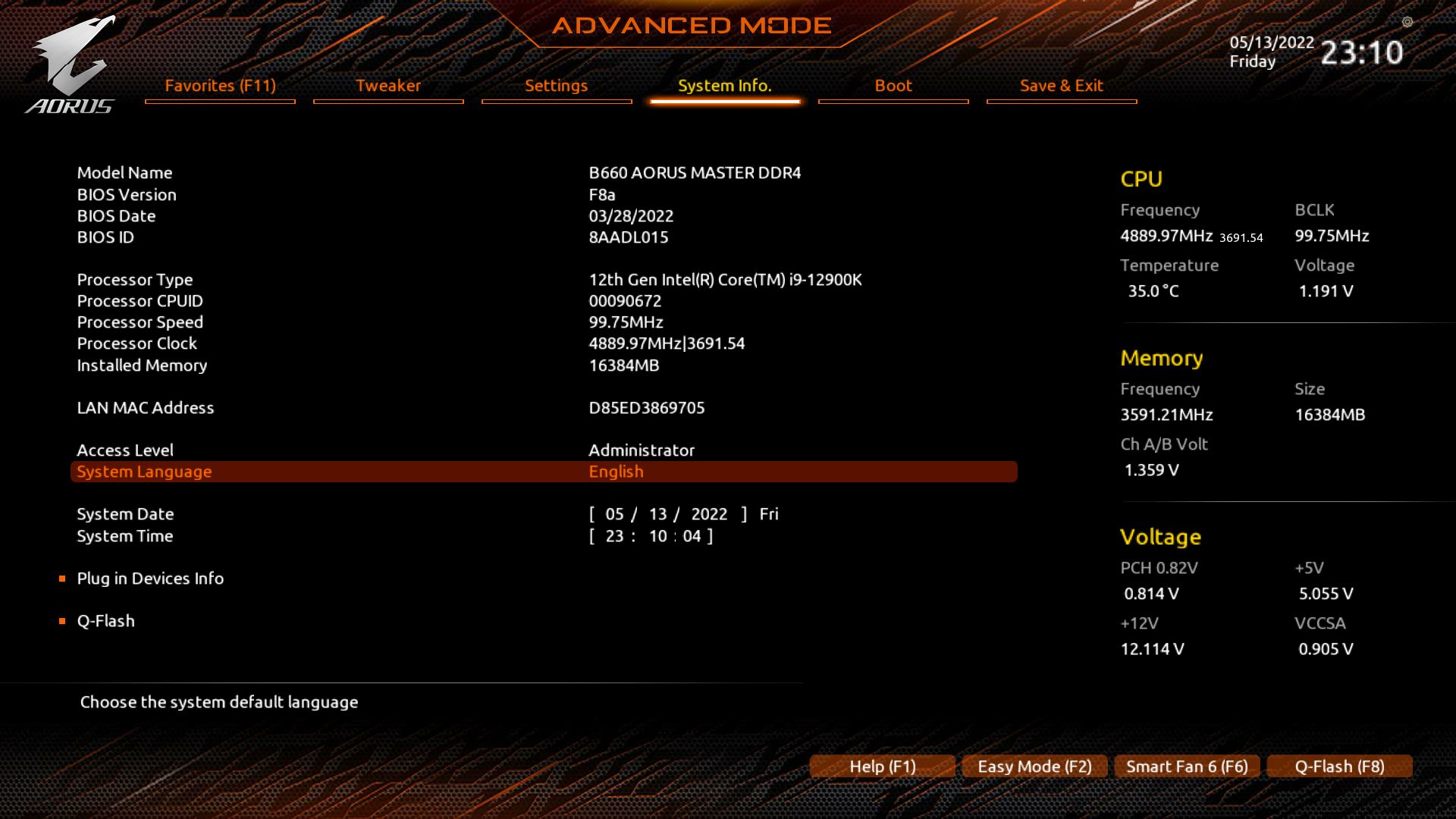
Software
On the software side of things, Gigabyte’s primary tool is the App Center. This application is a central repository for all board-centric applications, some Windows settings, and other third-party software. Simply click to download the applications you want, install them, and an icon shows up on the screen. We installed @BIOS (BIOS flashing utility), Easy Tune (overclocking/system tweaking), RGB Fusion 2.0 (to control RGB lighting) and last but not least, SIV (for system monitoring). The Gigabyte website has many other helpful applications, including USB charging (to control power to ports), LAN, and more that aren’t covered here. Overall, we like App Center’s small footprint and found its modular tools helpful.
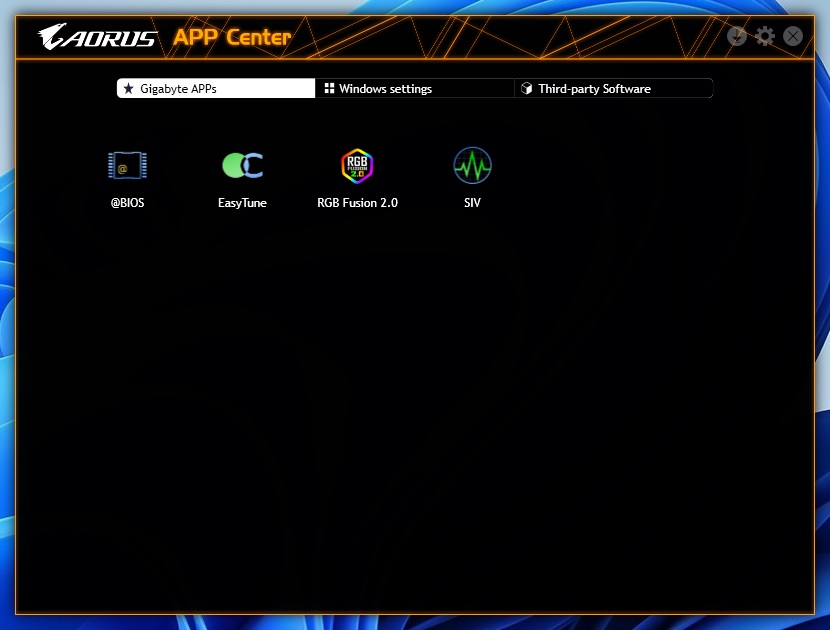
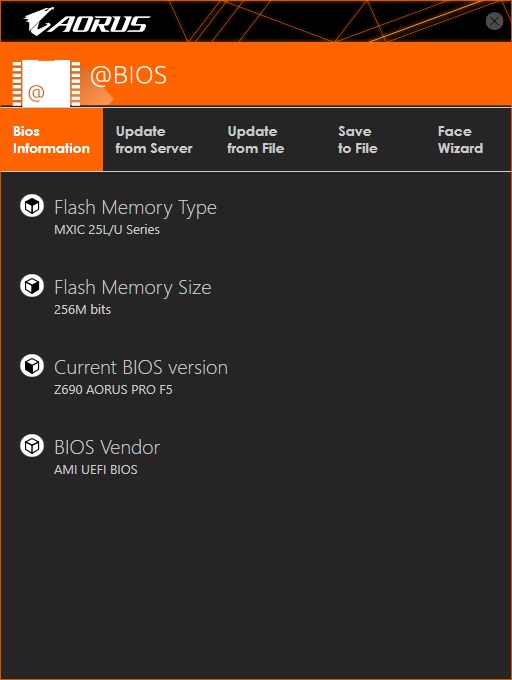
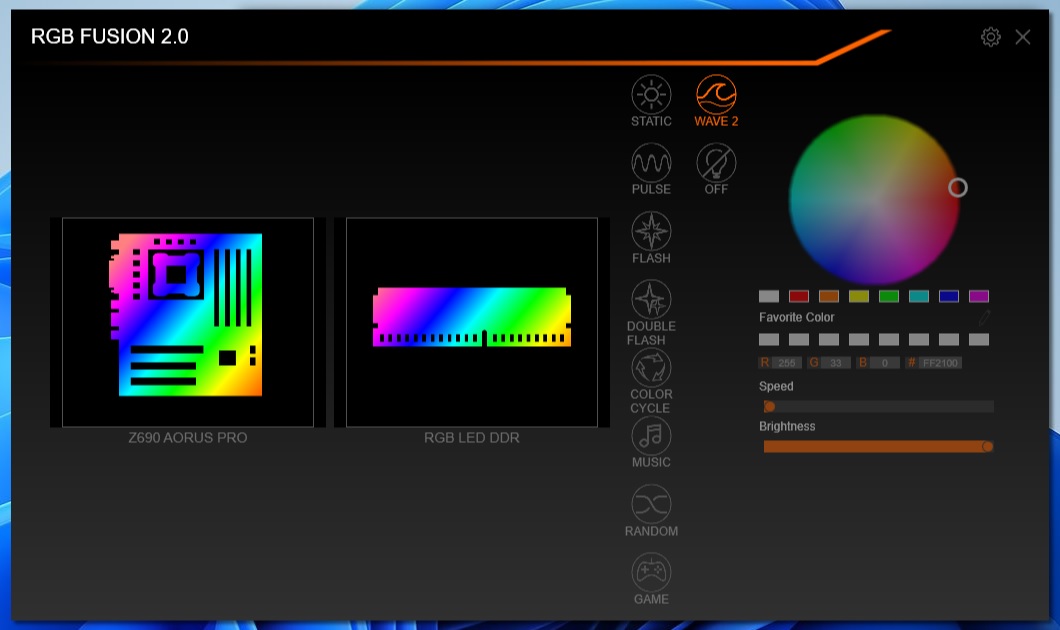
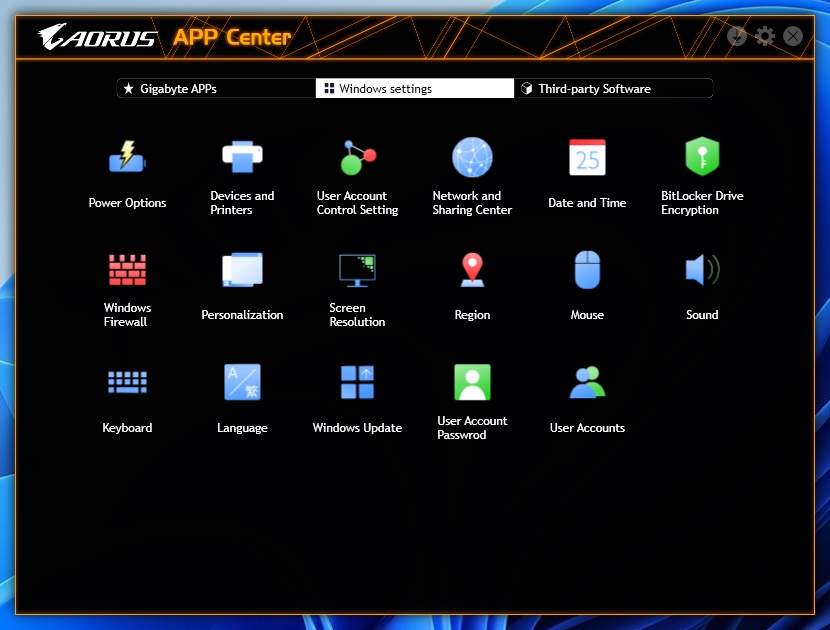
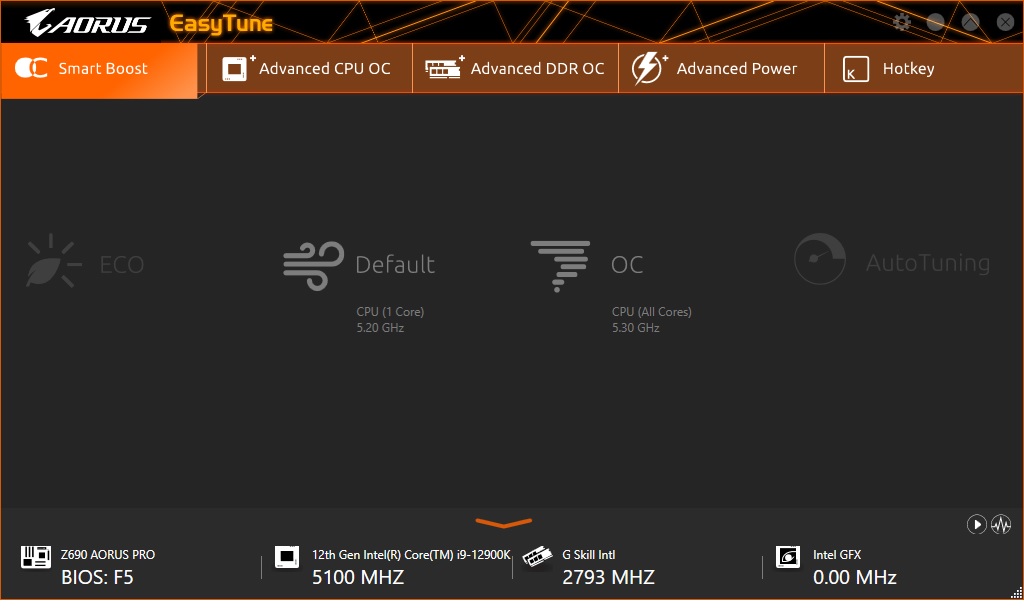
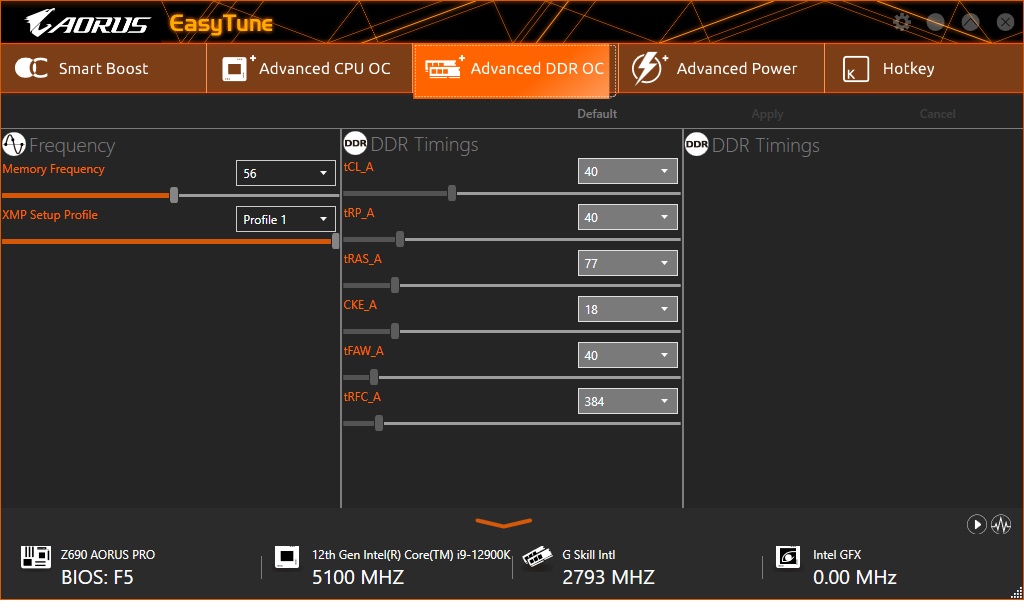
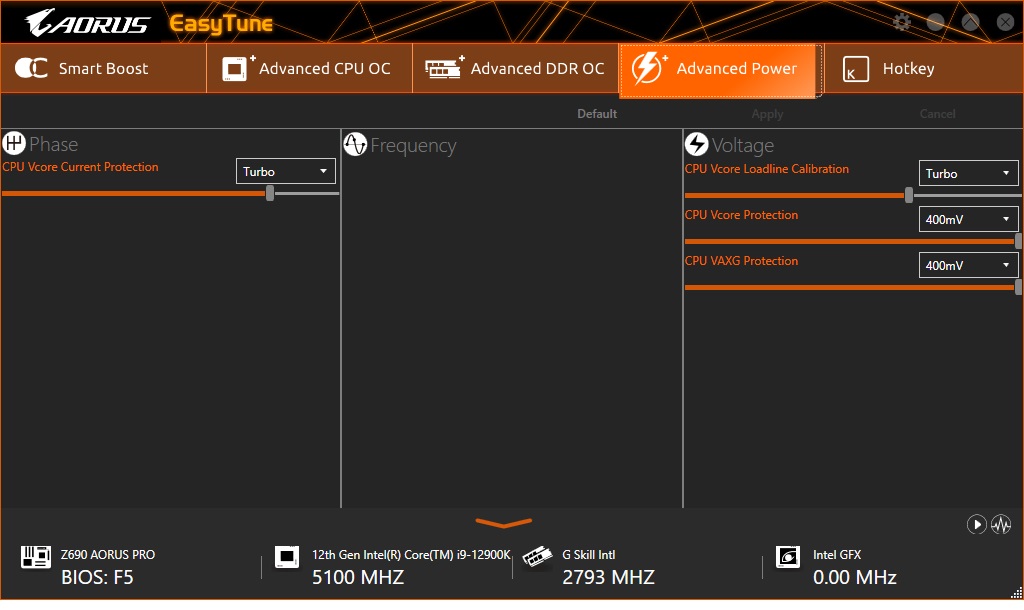
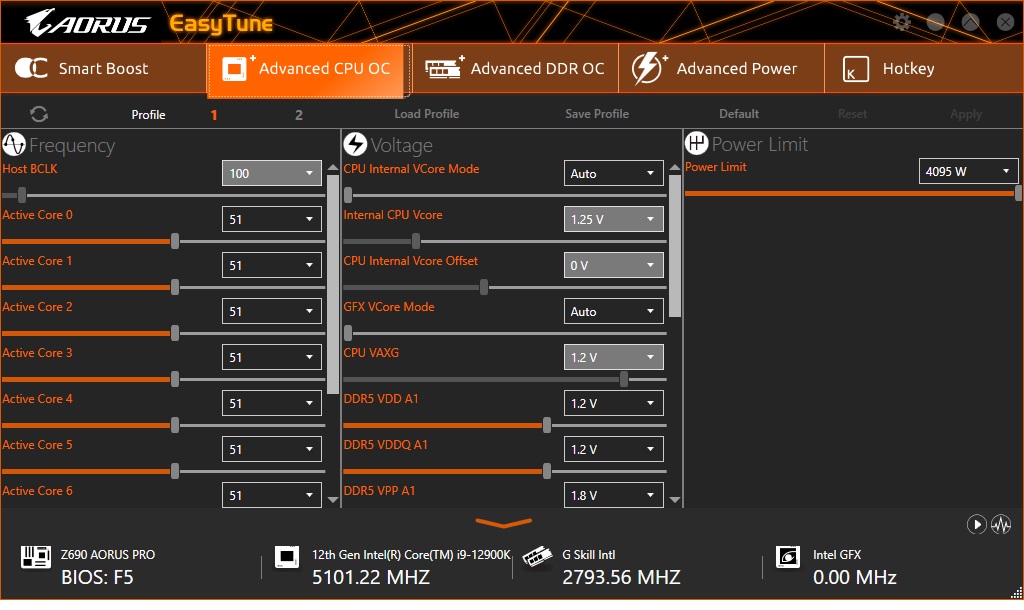
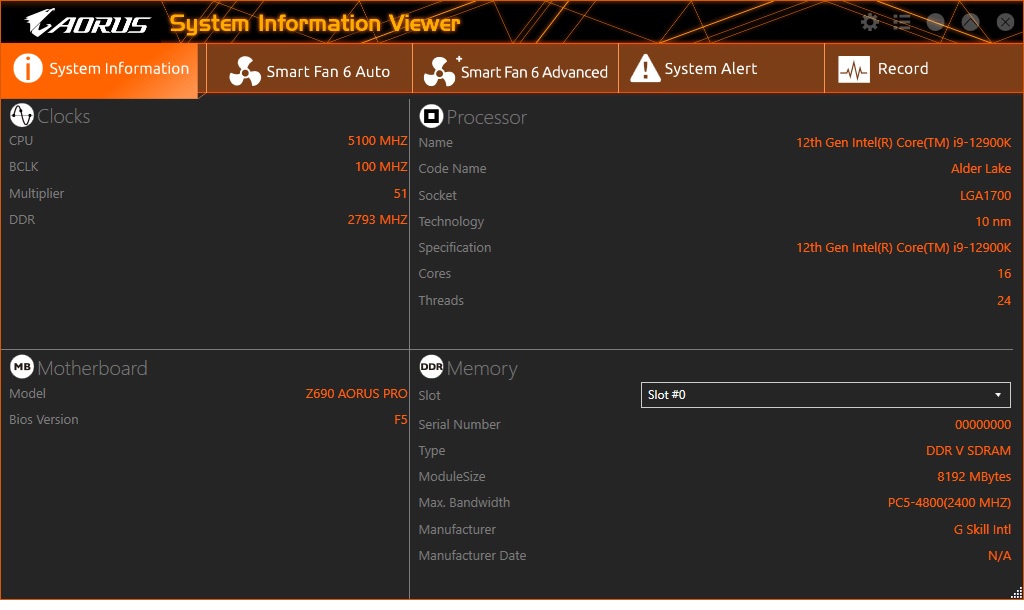
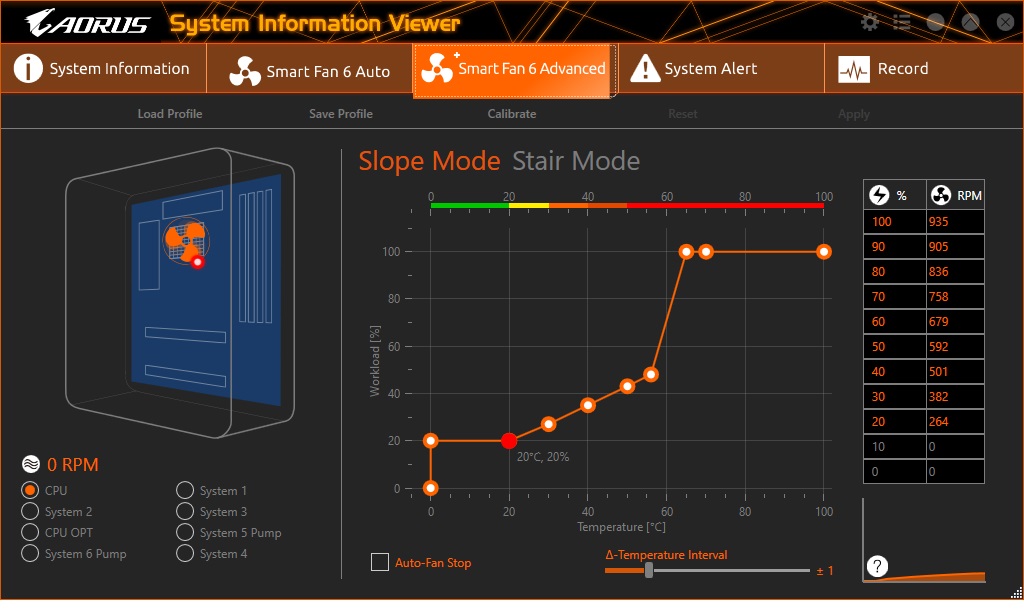
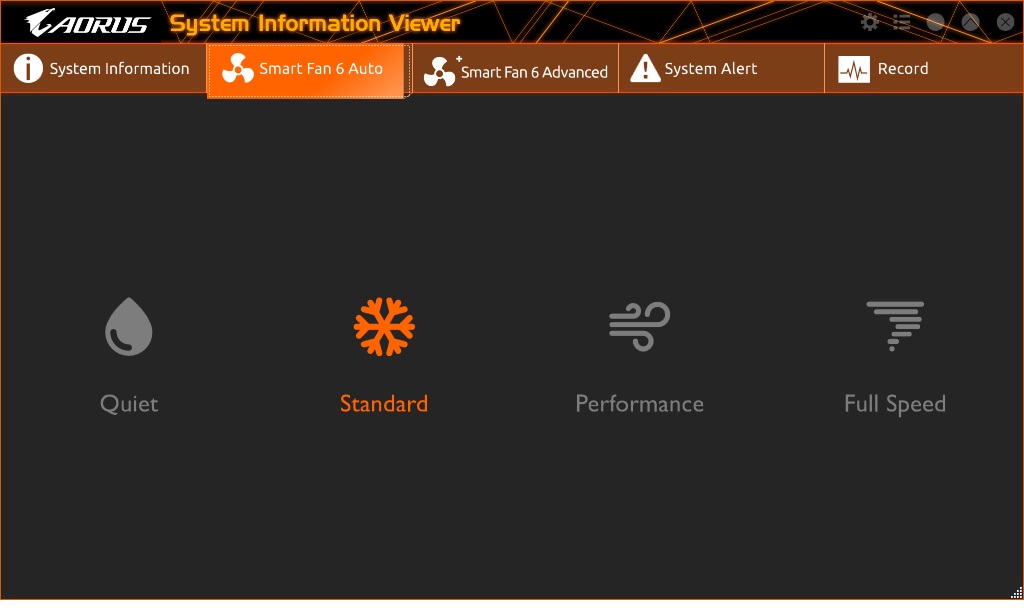
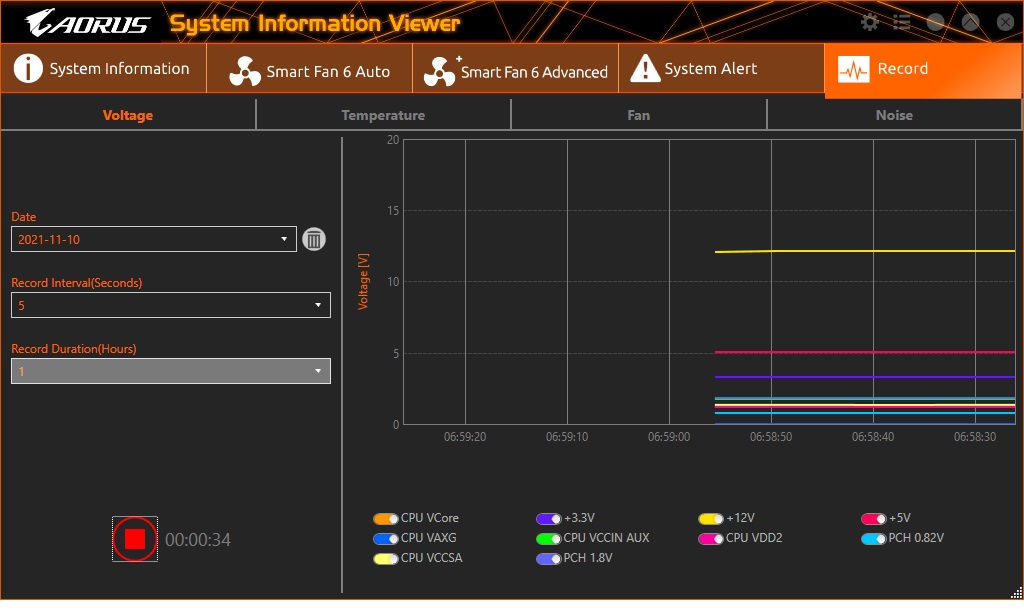
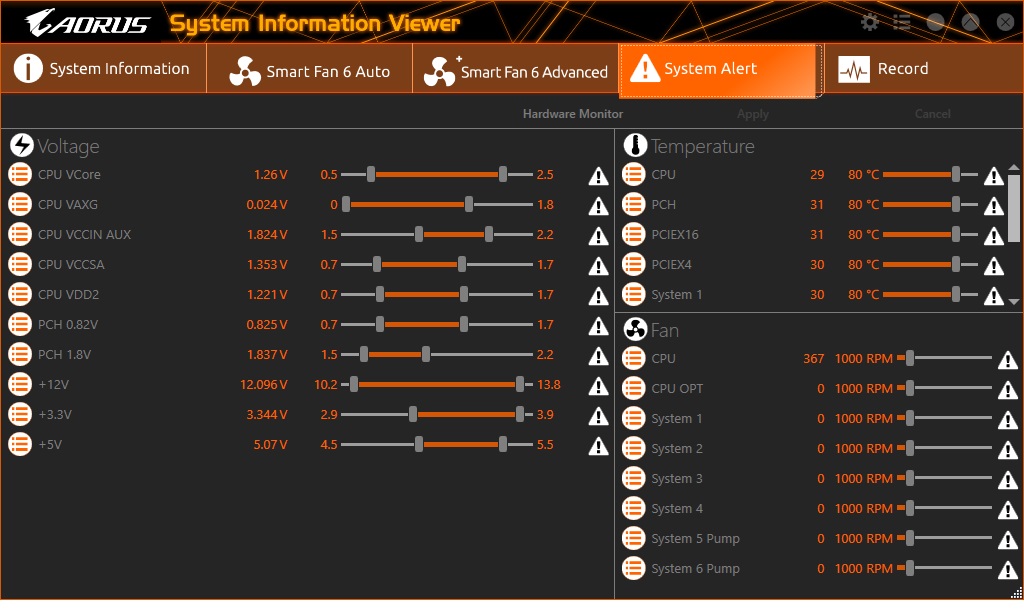
Test System / Comparison Products
As of October 2021, we’ve updated our test system to Windows 11 64-bit OS with all updates applied. We kept the same Asus TUF RTX 3070 video card from our previous testing platforms but updated the driver to version 496.13. Additionally, our game selection was updated, as noted in the table below. We use the latest non-beta motherboard BIOS available to the public unless otherwise noted. The hardware we used is as follows:
Test System Components
| CPU | Intel Core i9-12900K |
| Memory | Kingston Fury DDR5 5200 CL40 (9KF552C40BBK2-32) |
| Row 2 - Cell 0 | GSkill Trident Z DDR5 5600 CL36 (F5-5600U3636C16GX2-TZ5RK) |
| Row 3 - Cell 0 | ADATA XPG DDR5 6000 CL40 (AX5U6000C4016G-FCLARBK) |
| GPU | Asus TUF RTX 3070 |
| Cooling | MSI MEG Coreliquid S360 |
| PSU | EVGA Supernova 850W P6 |
| Software | Windows 11 64-bit (21H2, Build 22000.282) |
| Graphics Driver | NVIDIA Driver 496.13 |
| Sound | Integrated HD audio |
| Network | Integrated Networking (GbE or 2.5 GbE) |
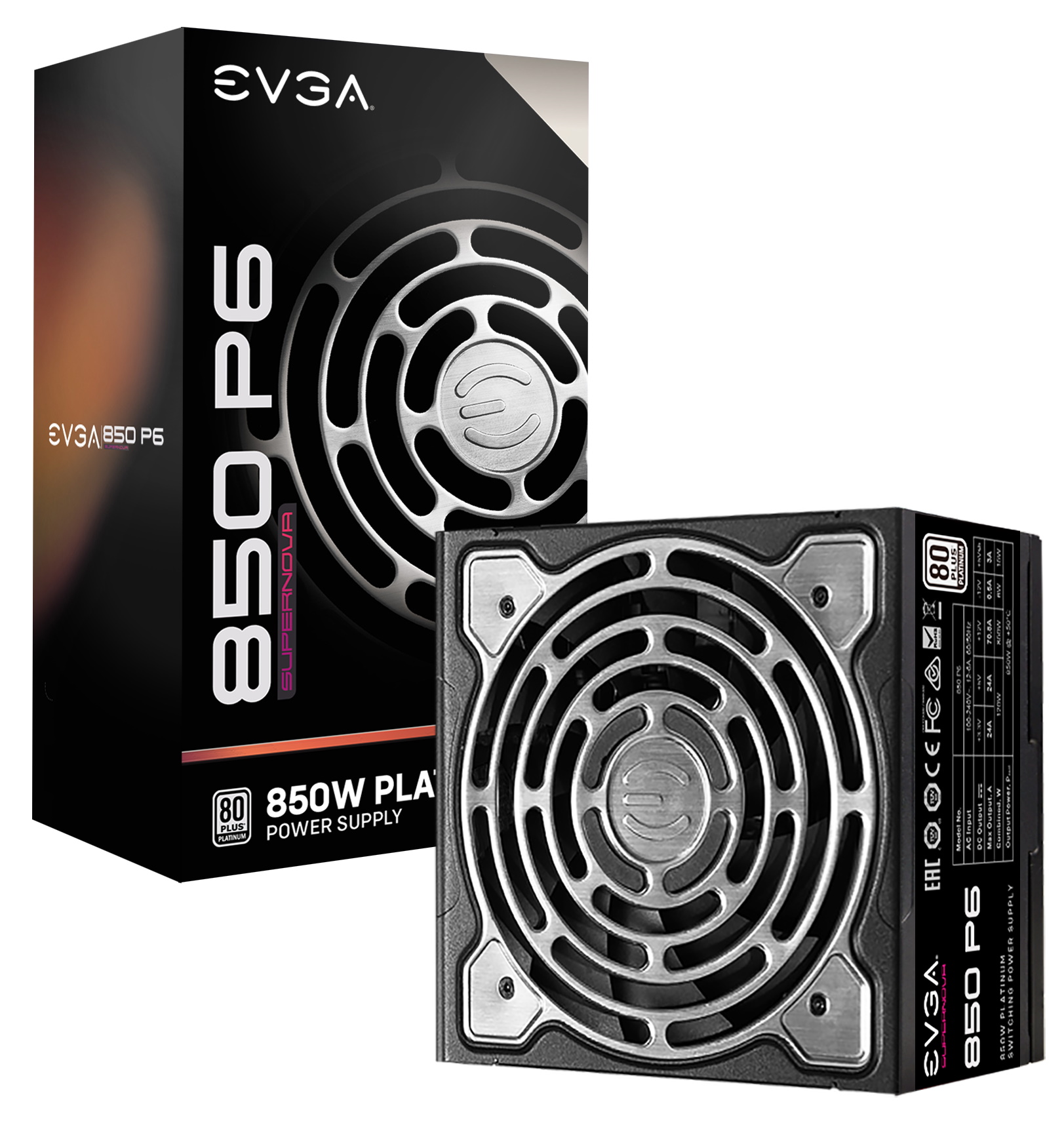
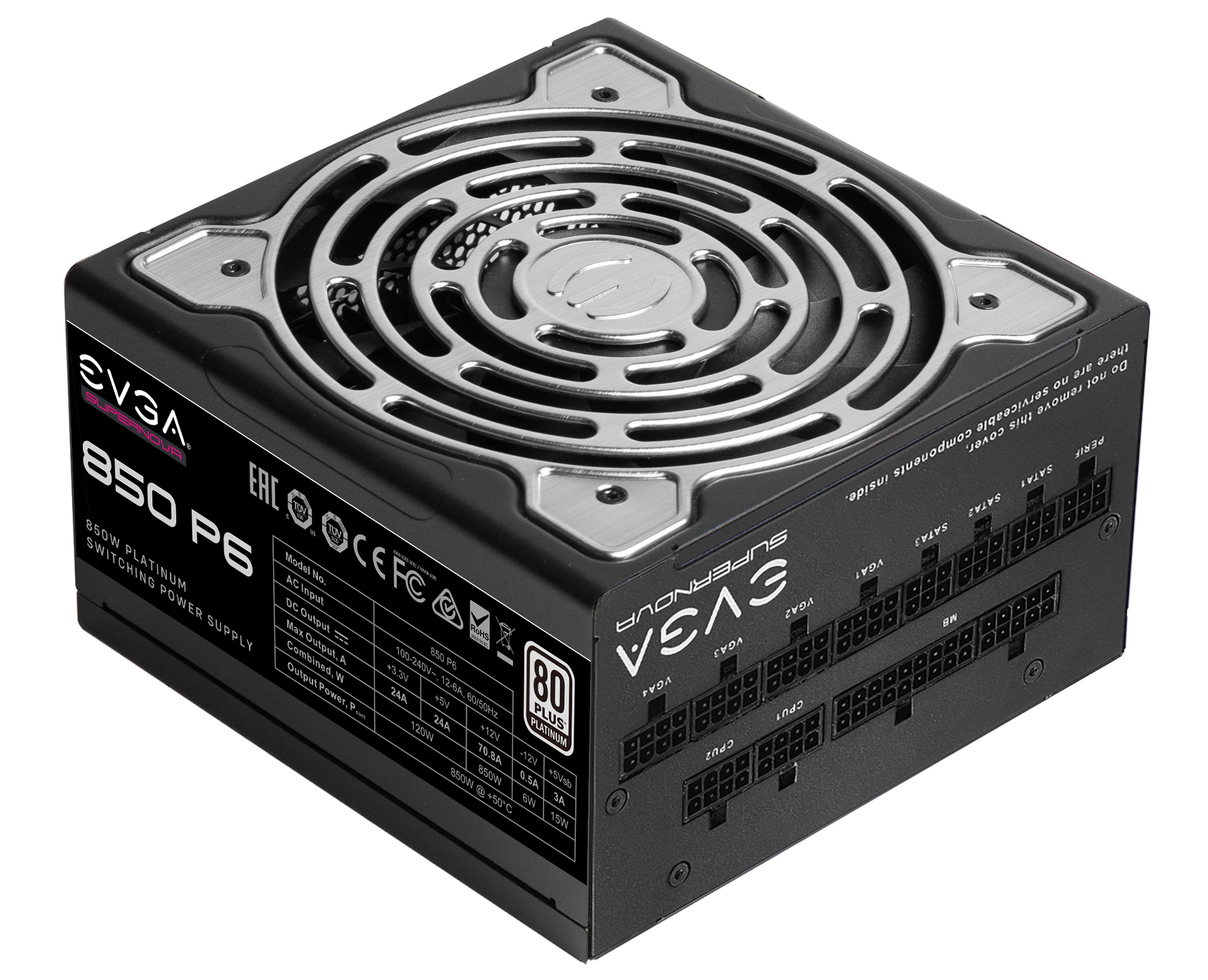
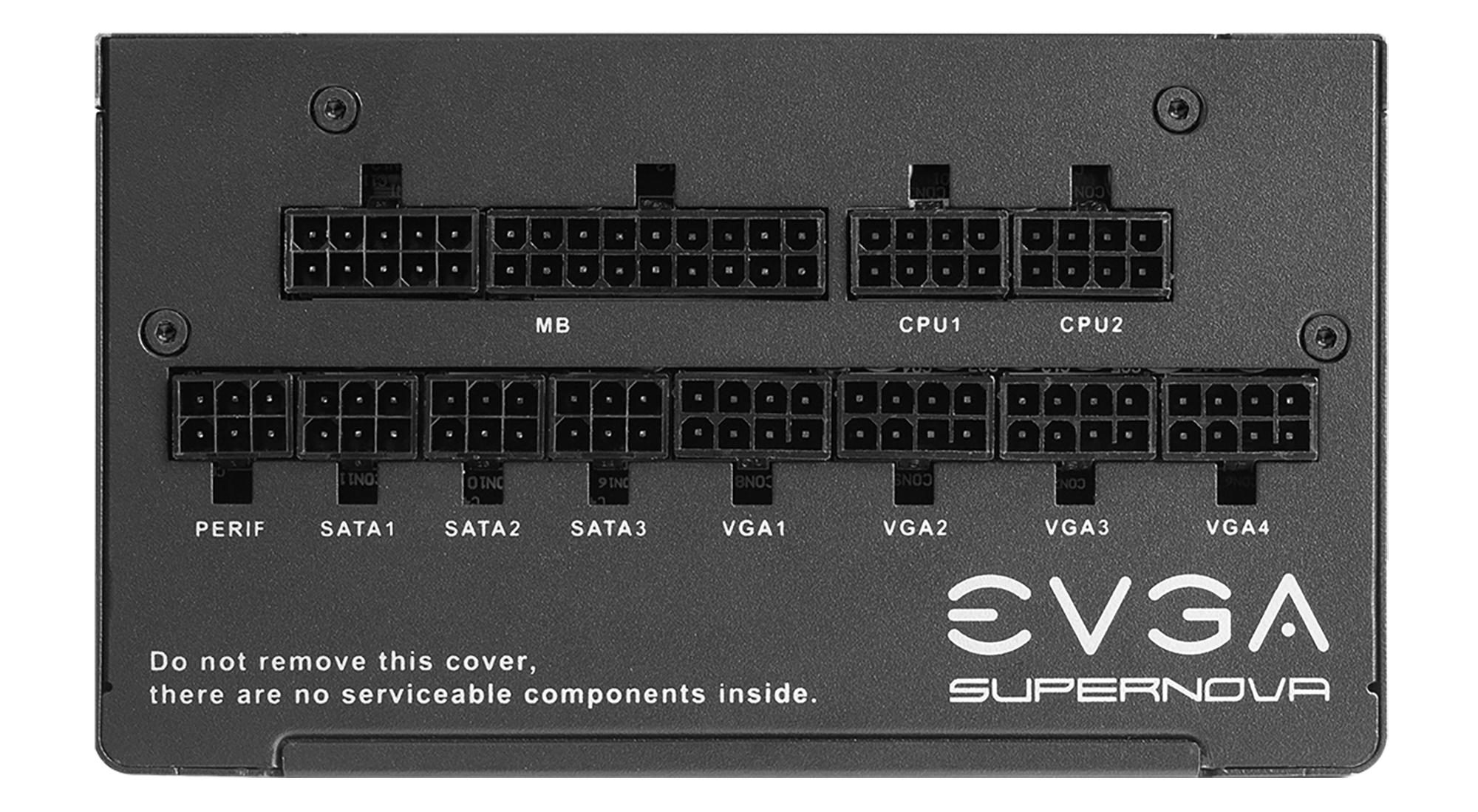
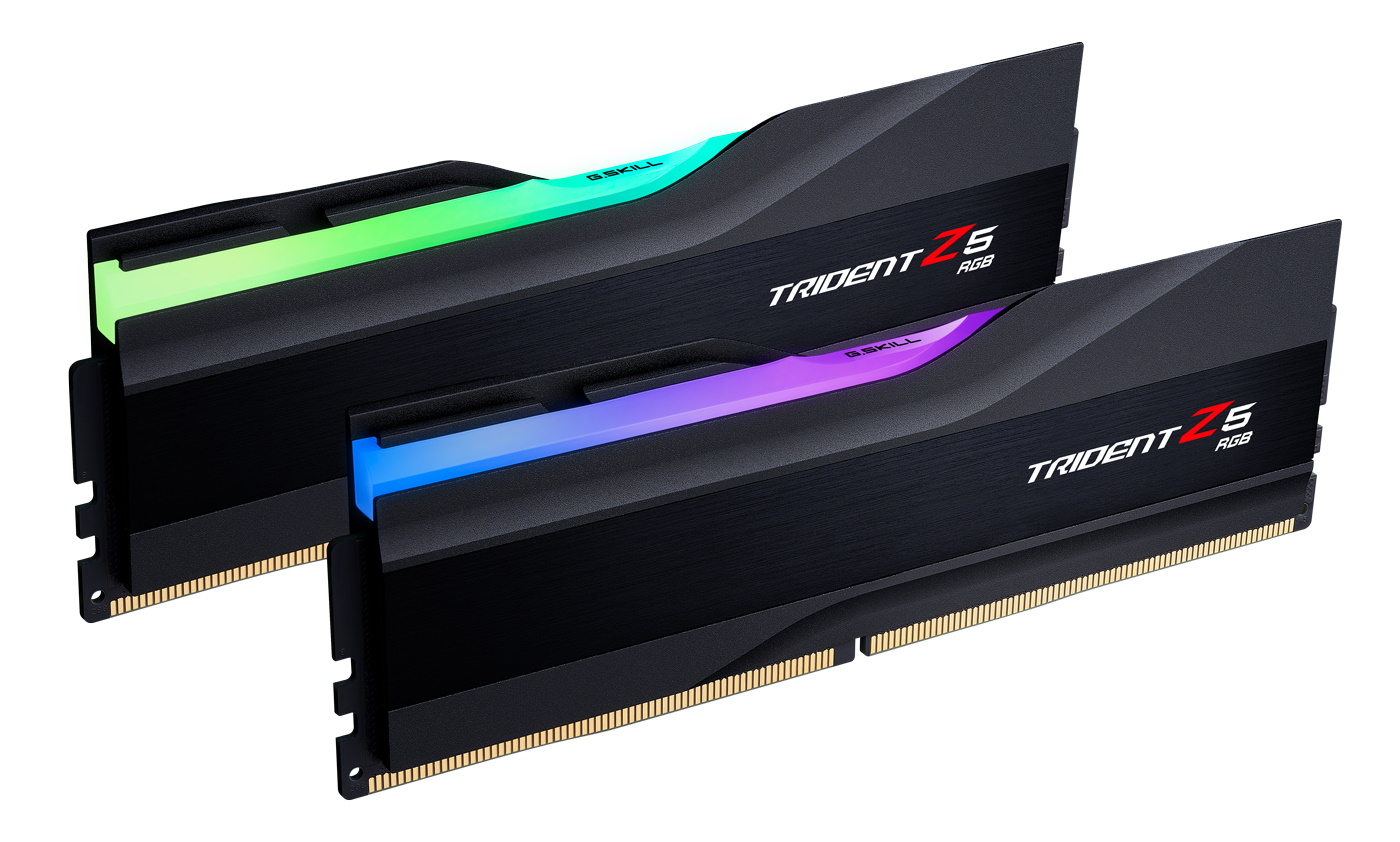
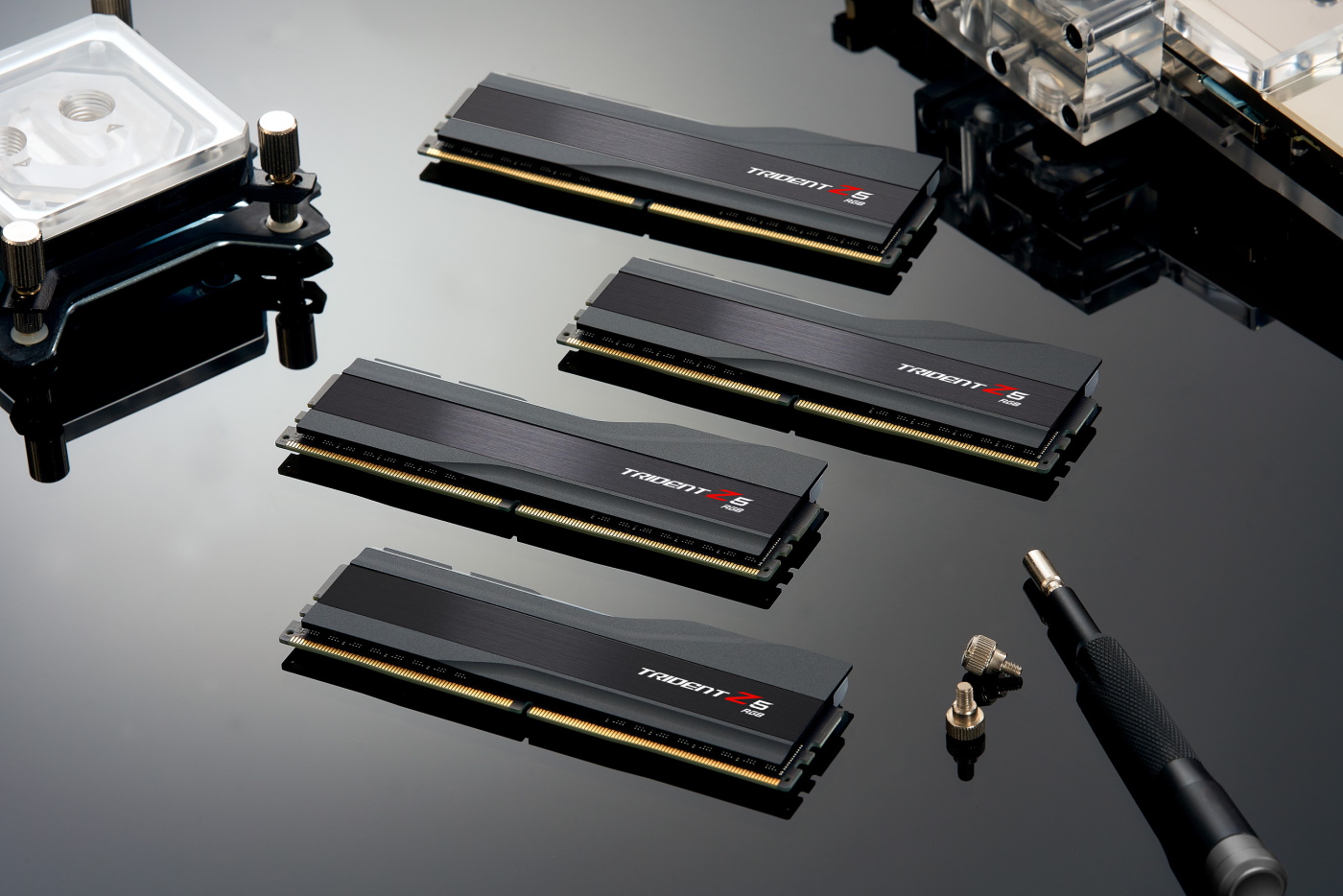
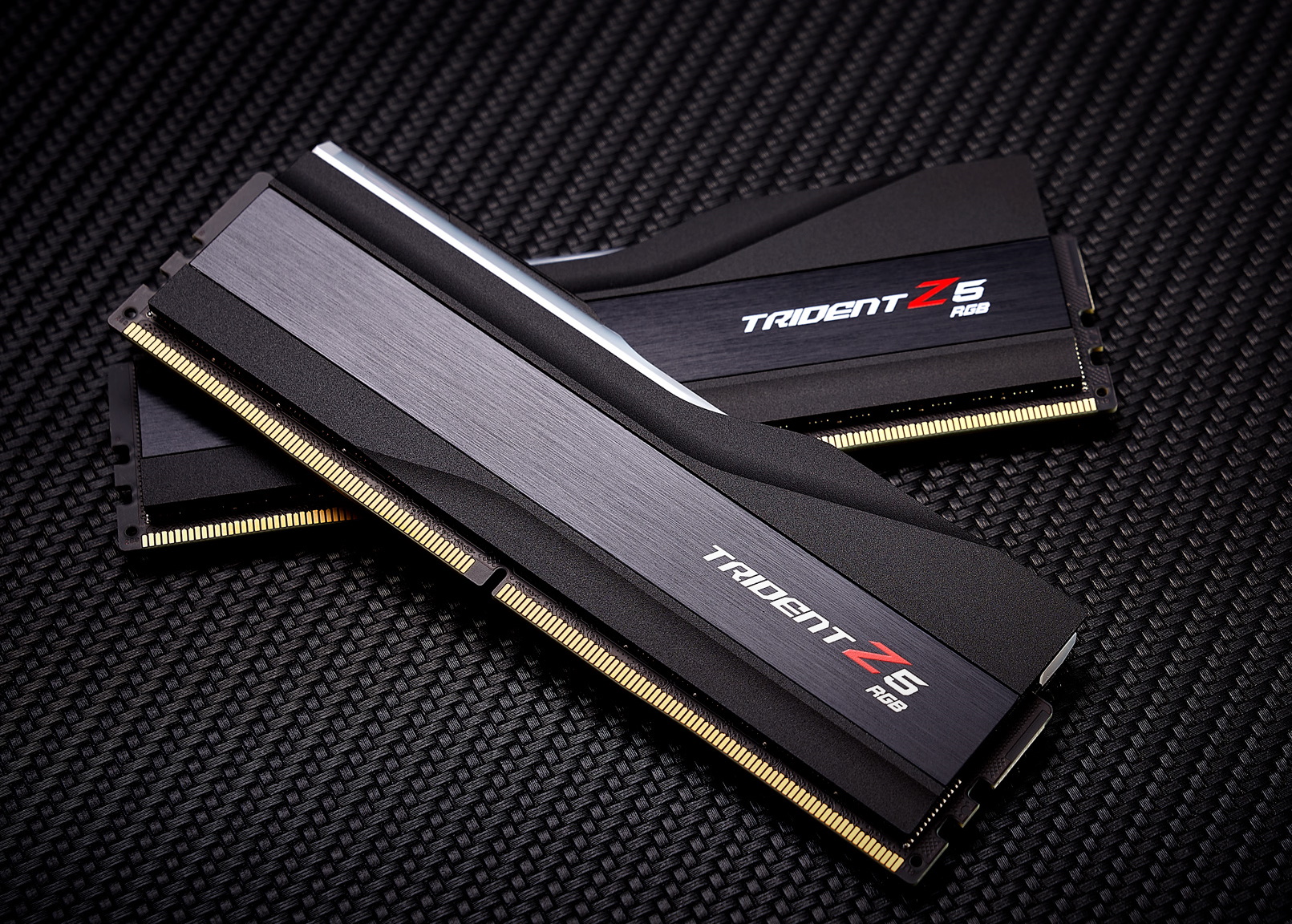
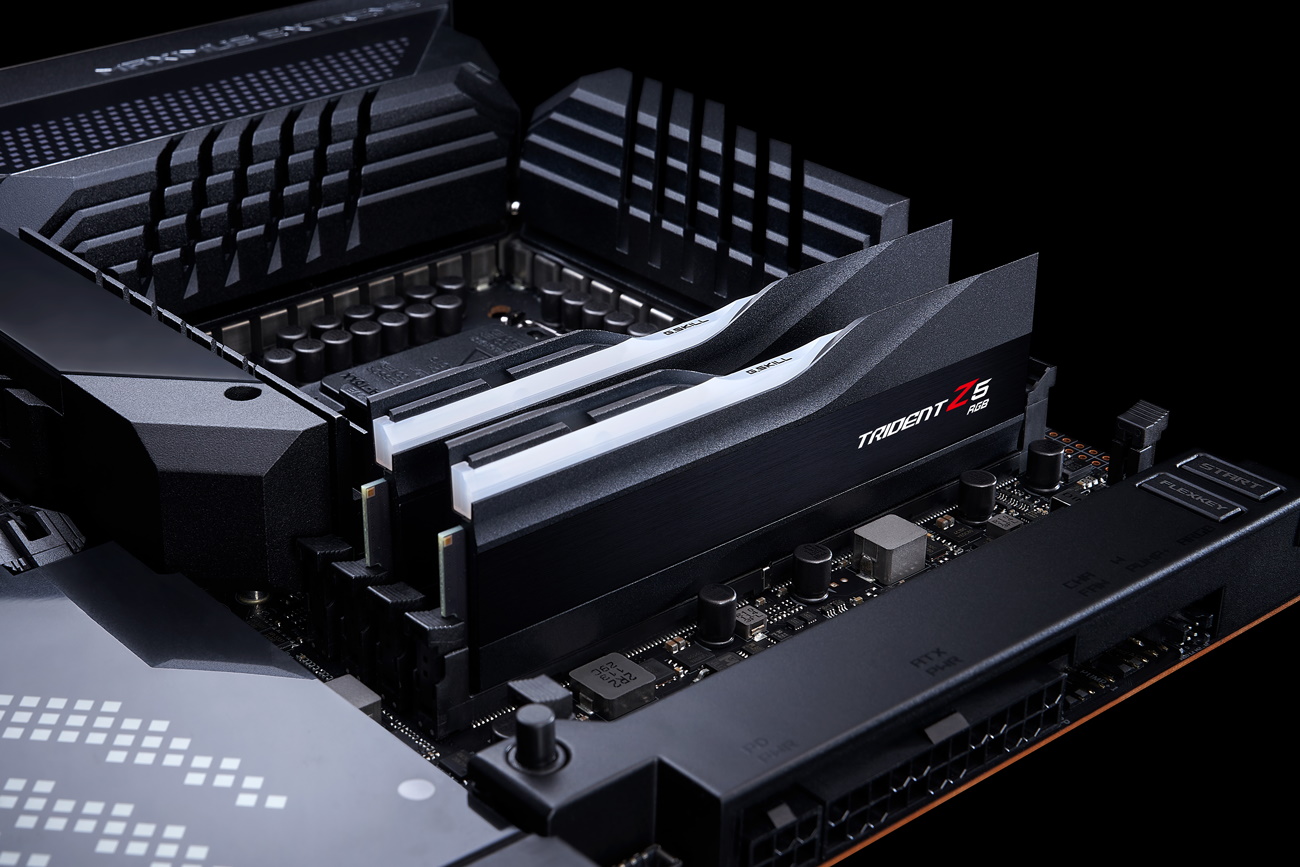
EVGA supplied our Supernova 850W P6 power supply (appropriately sized and more efficient than the outgoing 1.2KW monster we used) for our test systems.
Benchmark Settings
| Synthetic Benchmarks and Settings | Row 0 - Cell 1 |
| Procyon | Version 2.0.249 64 |
| Row 2 - Cell 0 | Office Suite, Video Editing (Premiere Pro), Photo Editing (Photoshop, Lightroom Classic) |
| 3DMark | Version 2.20.7290 64 |
| Row 4 - Cell 0 | Firestrike Extreme and Time Spy Default Presets |
| Cinebench R23 | Version RBBENCHMARK330542 |
| Row 6 - Cell 0 | Open GL Benchmark - Single and Multi-threaded |
| Blender | Version 3.0.1 |
| Row 8 - Cell 0 | Full benchmark (three sub-tests) |
| Application Tests and Settings | Row 9 - Cell 1 |
| LAME MP3 | Version SSE2_2019 |
| Row 11 - Cell 0 | Mixed 271MB WAV to mp3: Command: -b 160 --nores (160Kb/s) |
| HandBrake CLI | Version: 1.2.2 |
| Row 13 - Cell 0 | Sintel Open Movie Project: 4.19GB 4K mkv to x264 (light AVX) and x265 (heavy AVX) |
| Corona 1.4 | Version 1.4 |
| Row 15 - Cell 0 | Custom benchmark |
| 7-Zip | Version 21.03-beta |
| Row 17 - Cell 0 | Integrated benchmark (Command Line) |
| Game Tests and Settings | Row 18 - Cell 1 |
| Far Cry 6 | Ultra Preset - 1920 x 1080, HD Textures ON |
| F1 2021 | Ultra Preset - 1920 x 1080, HBAO+, RT Med, TAA + 16xAF, Bahrain, FPS Counter ON |
MORE: Best Motherboards
MORE: How To Choose A Motherboard
MORE: All Motherboard Content
Get Tom's Hardware's best news and in-depth reviews, straight to your inbox.
Current page: Firmware, Software and Test System
Prev Page Features and Specifications Next Page Benchmarks and Final Analysis
Joe Shields is a staff writer at Tom’s Hardware. He reviews motherboards and PC components.